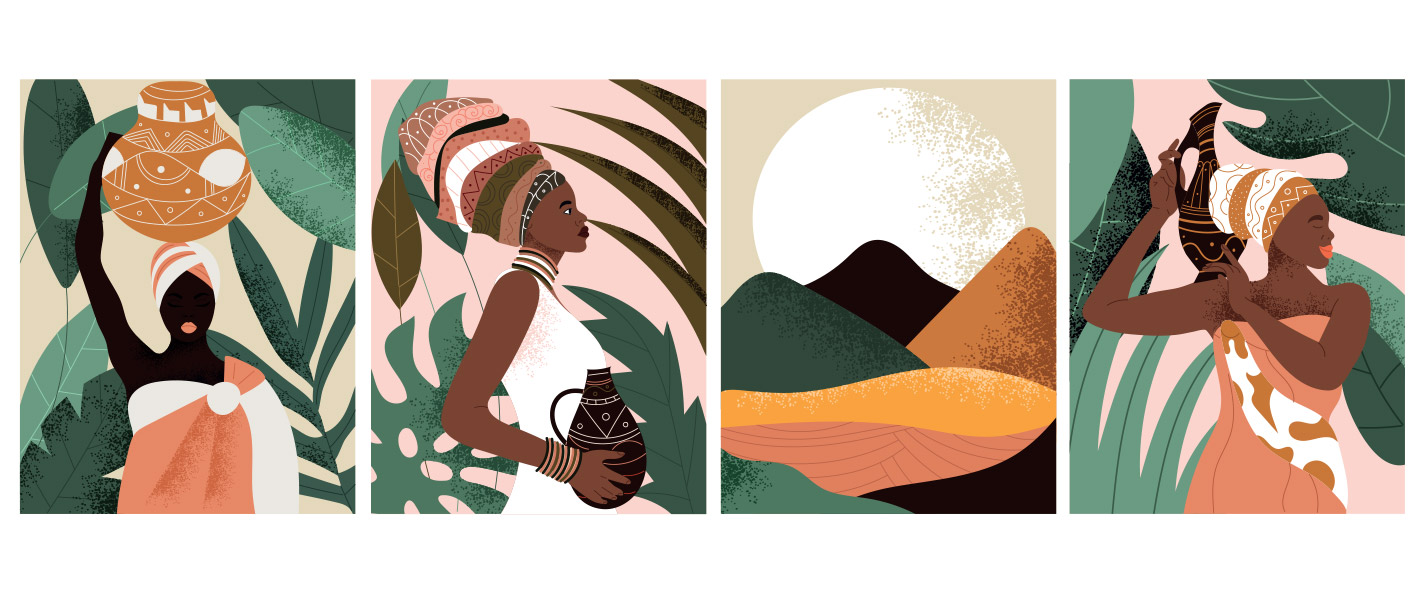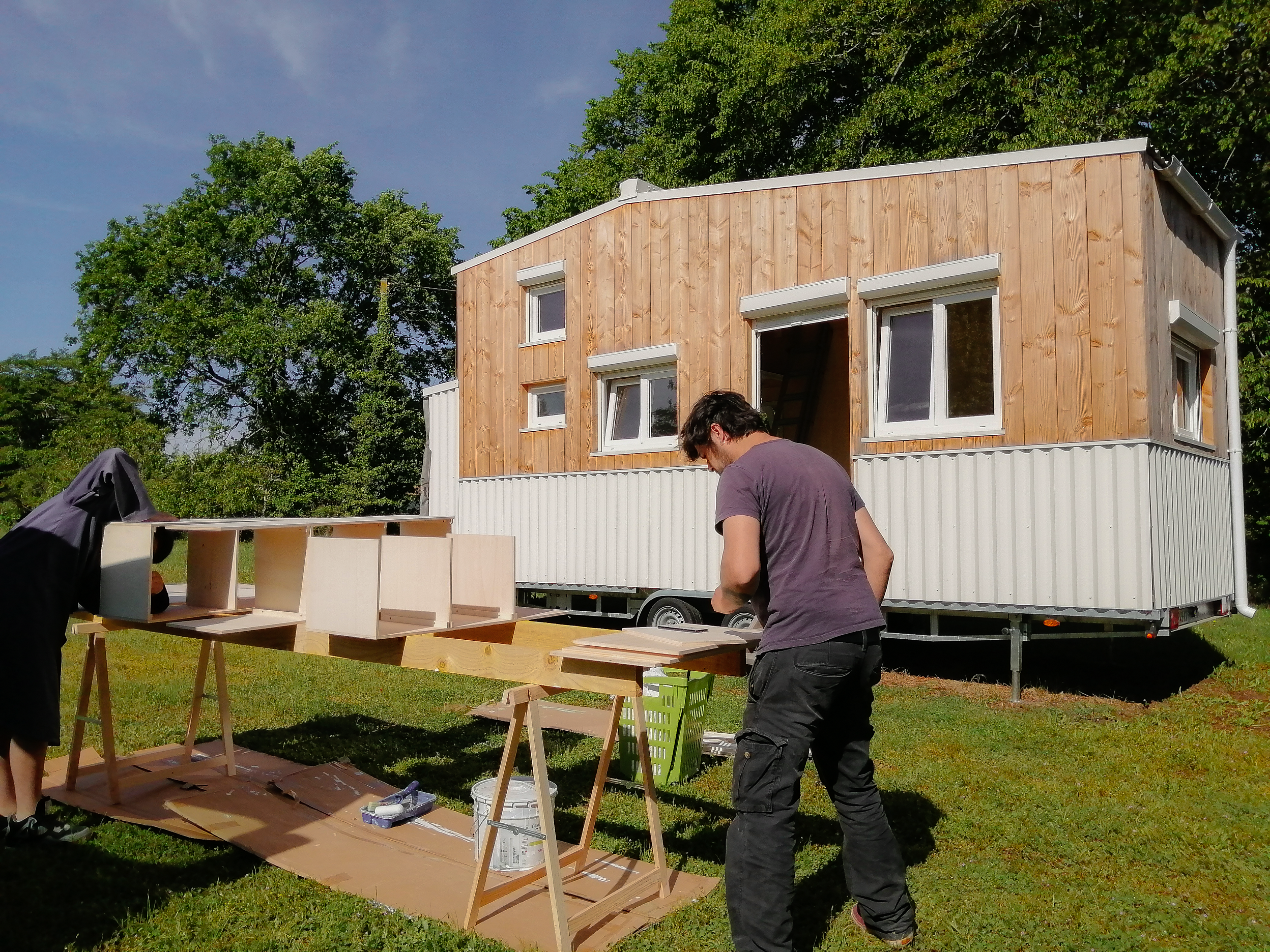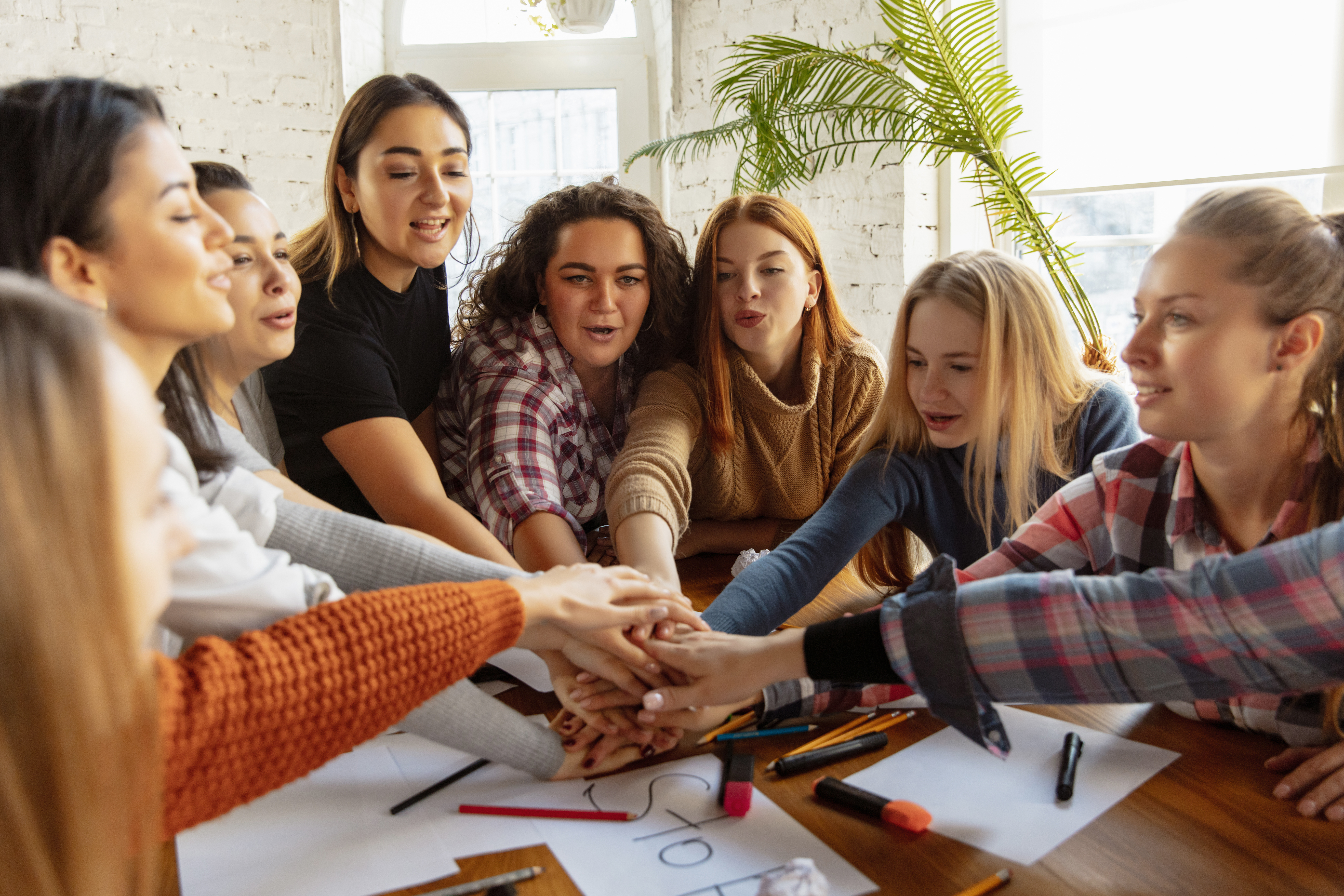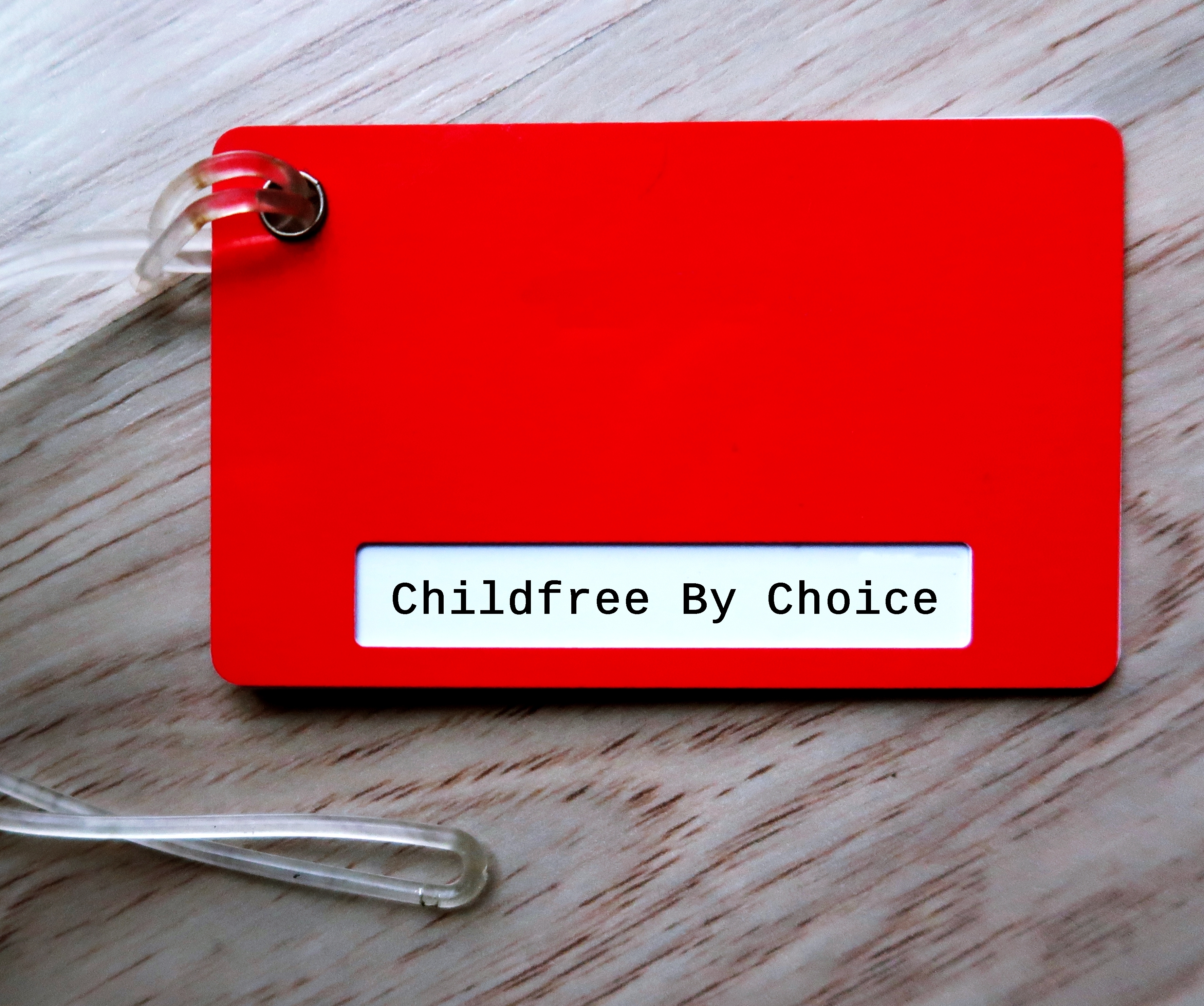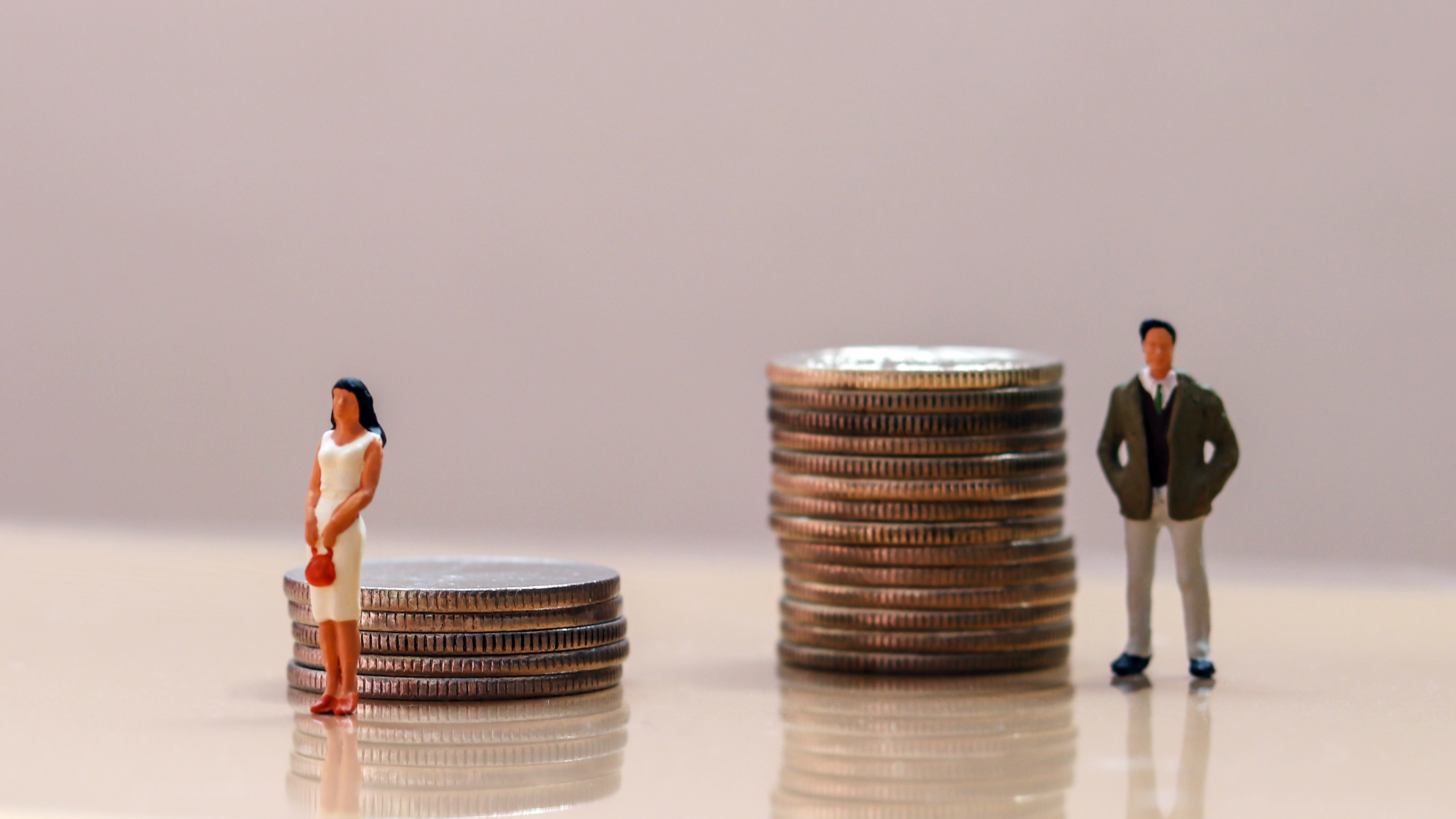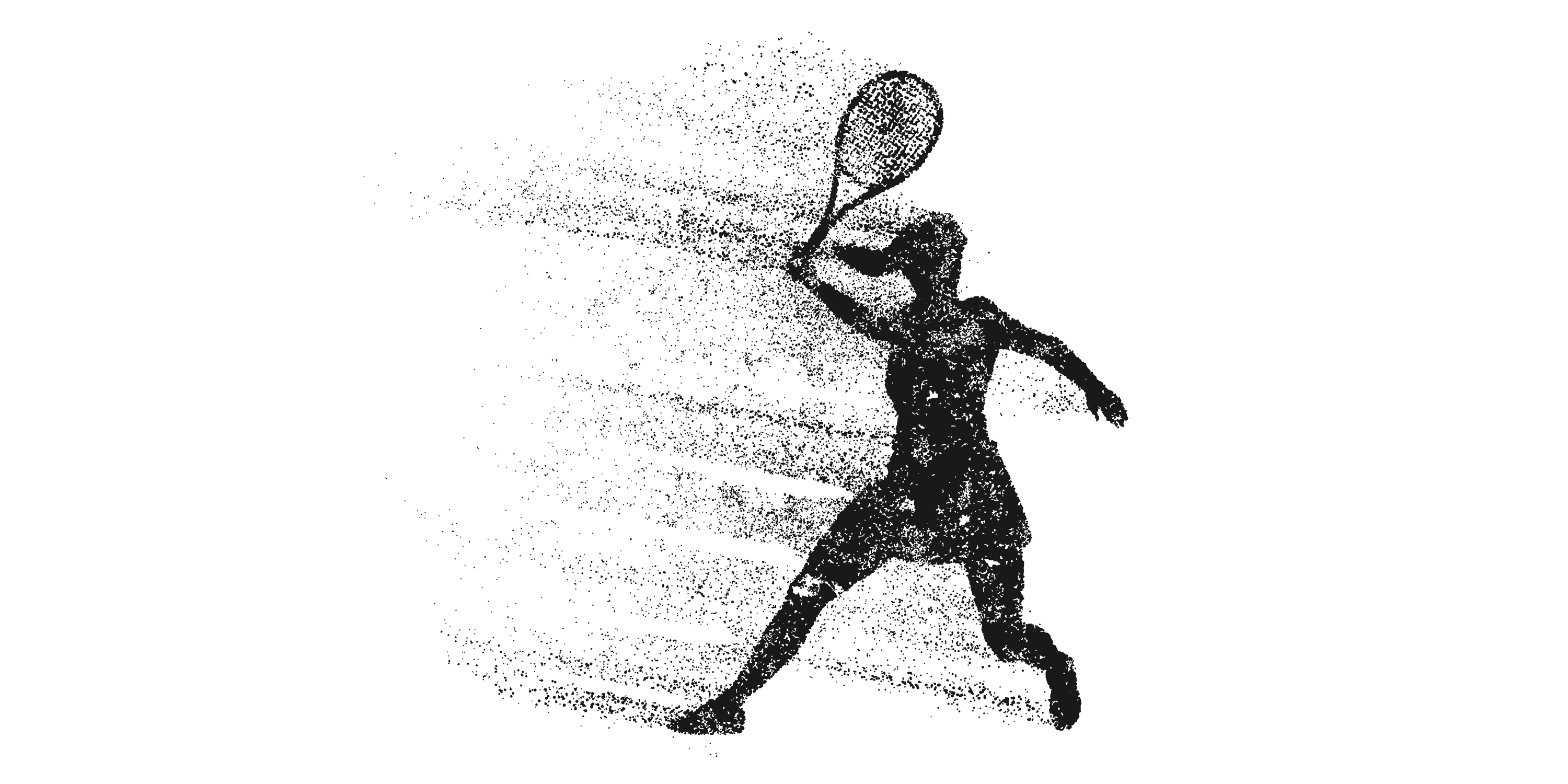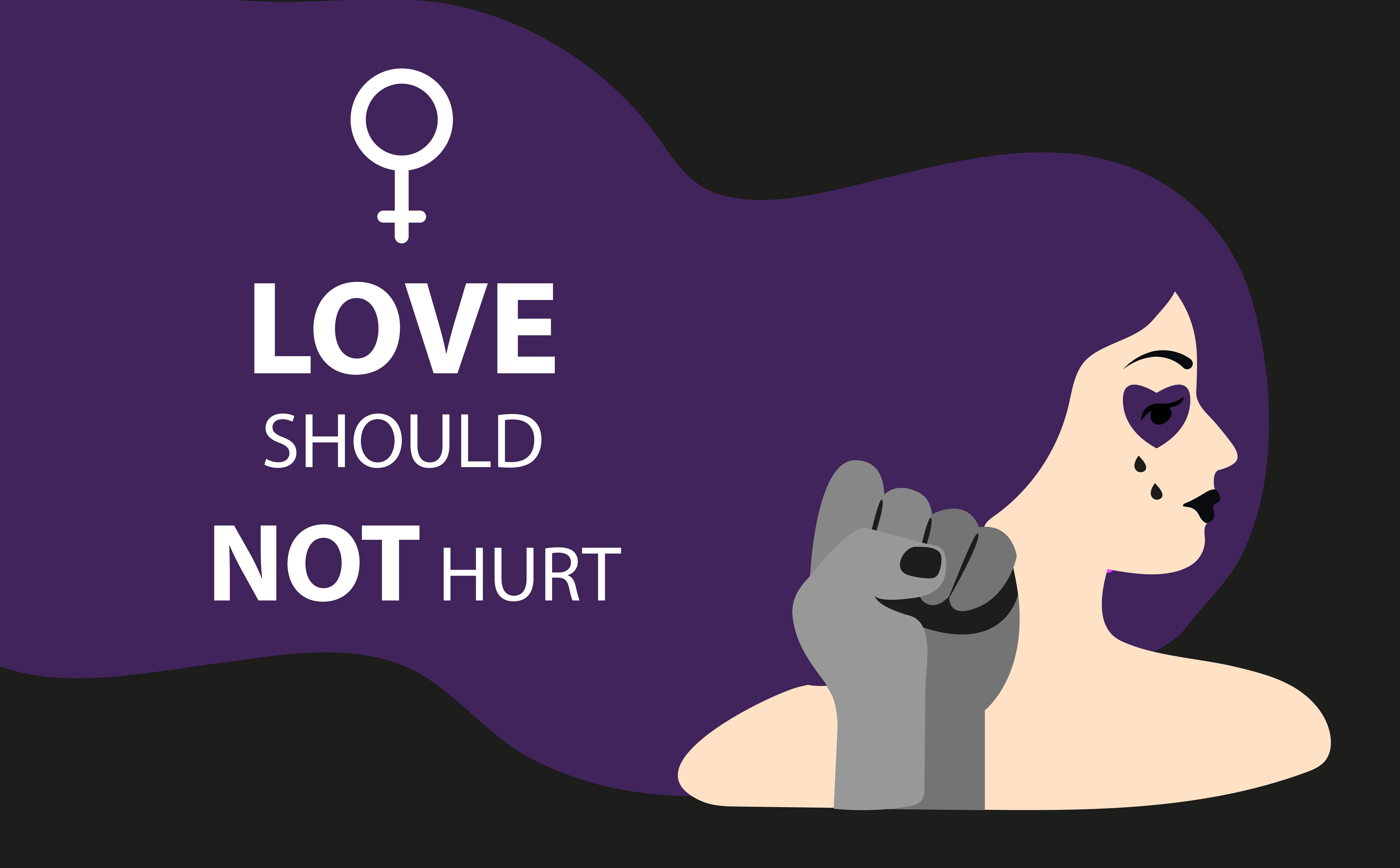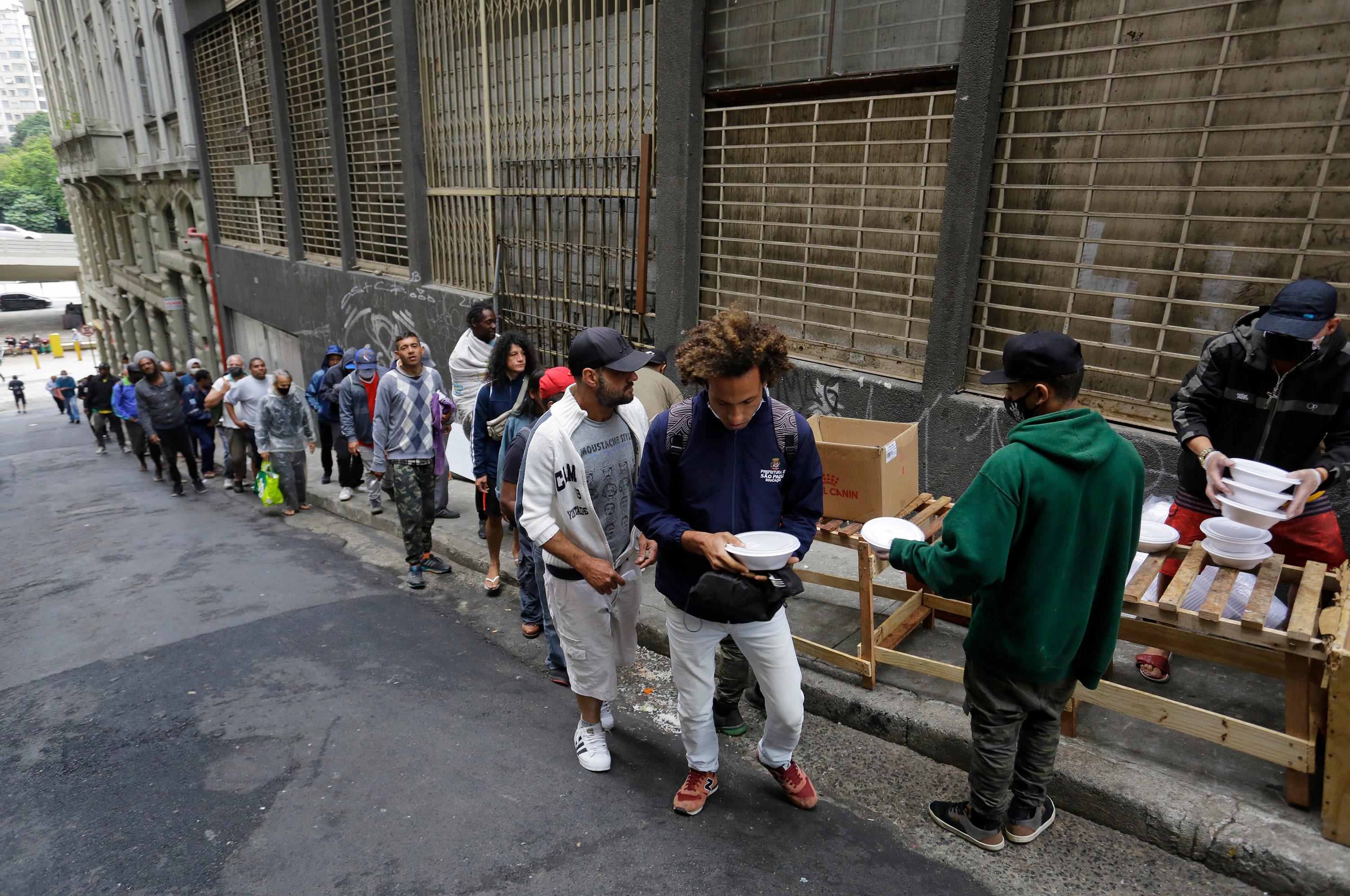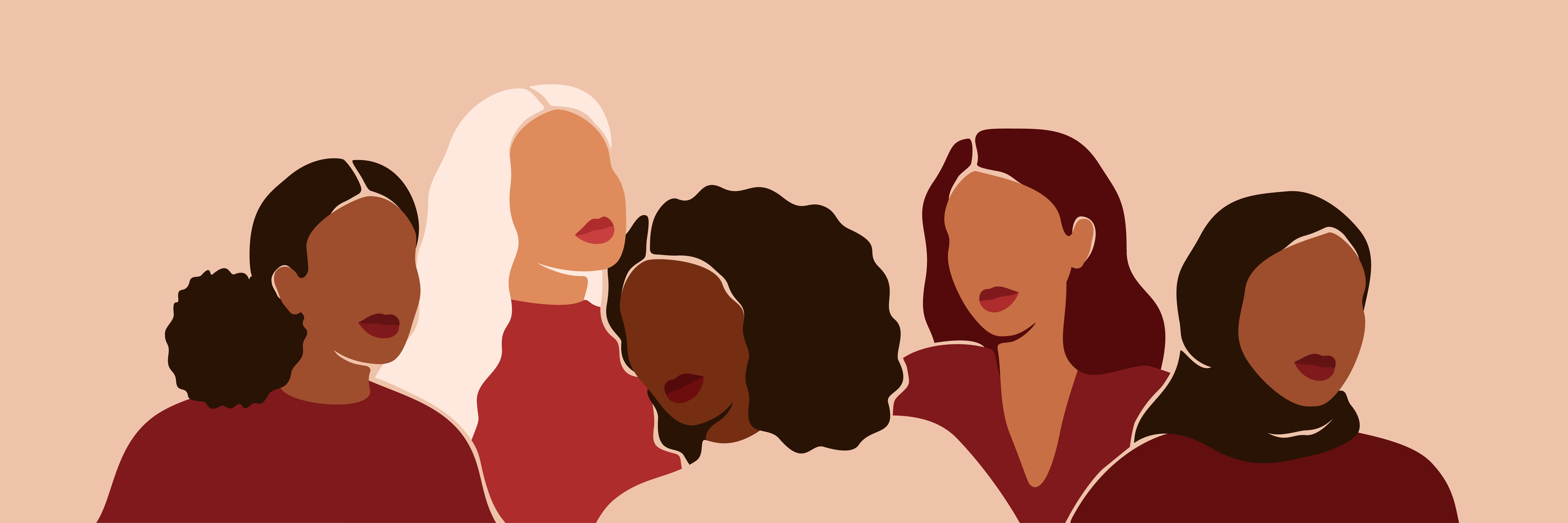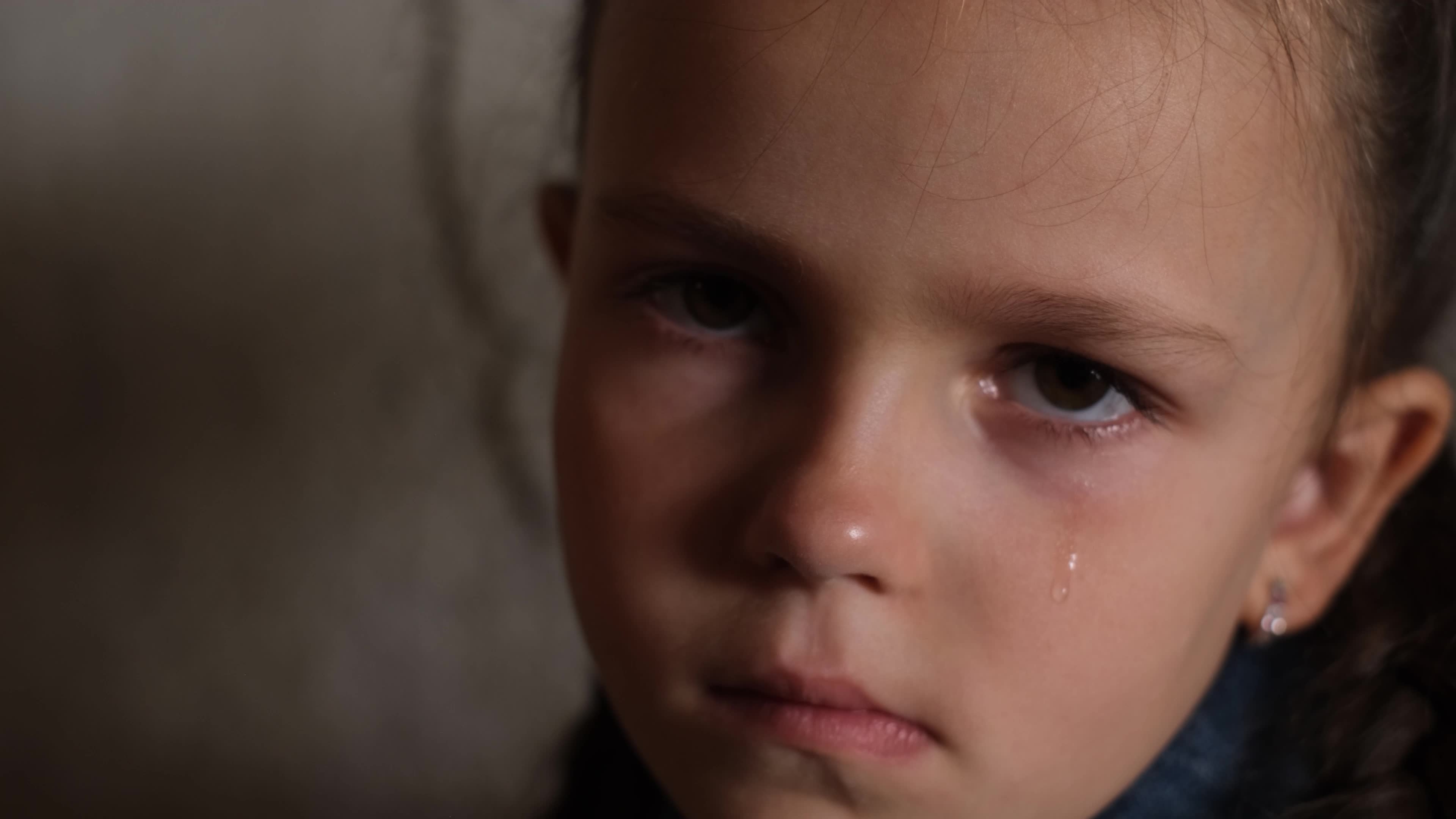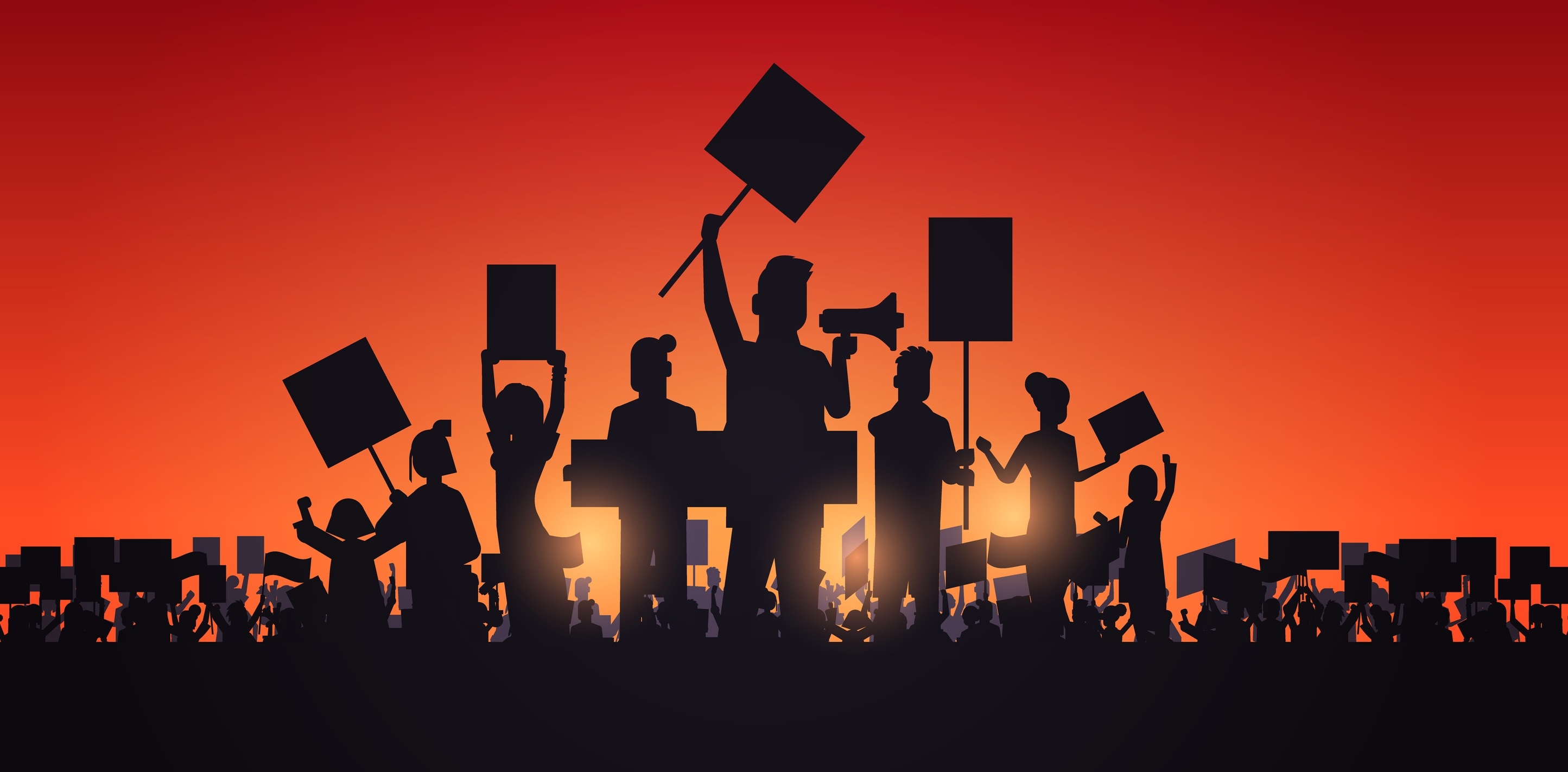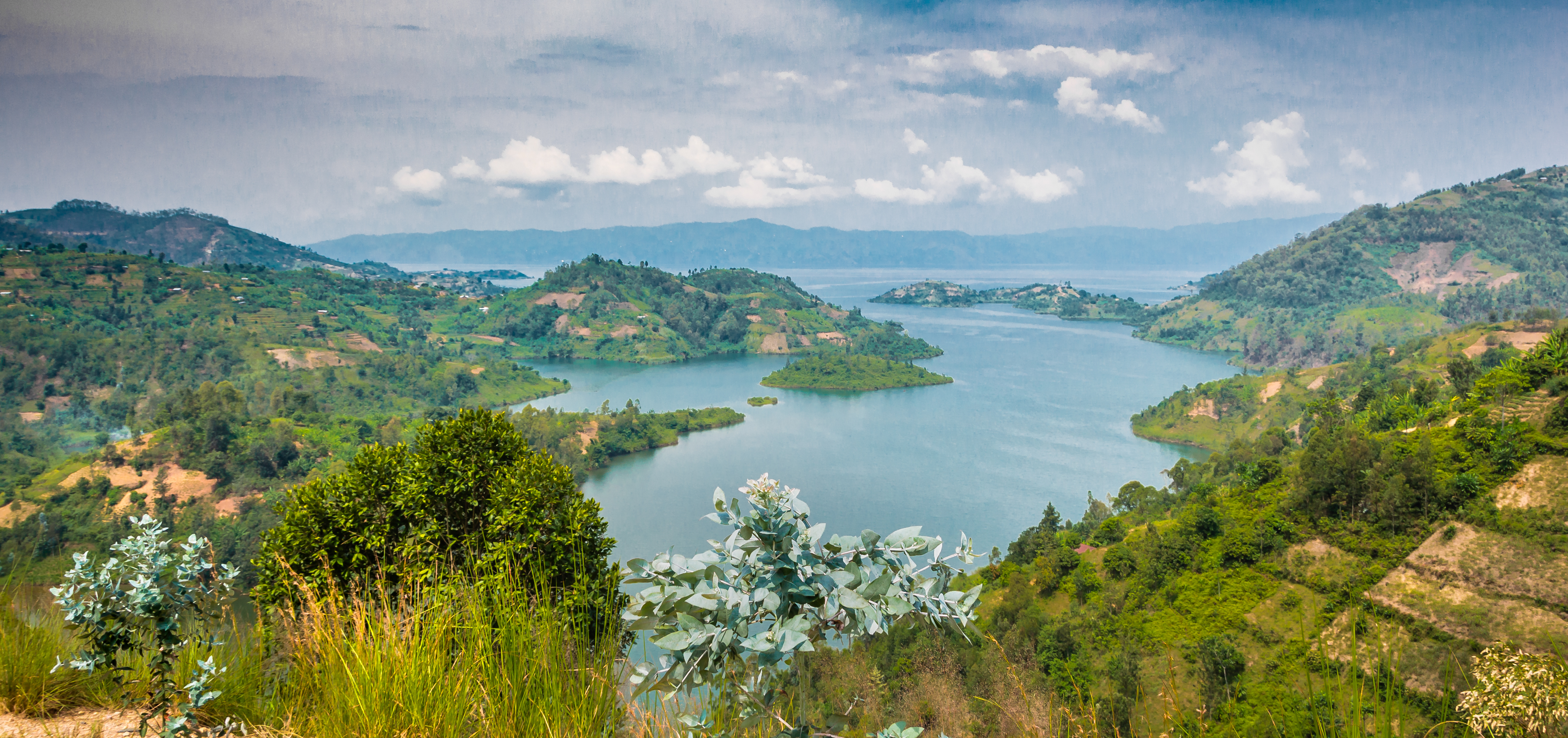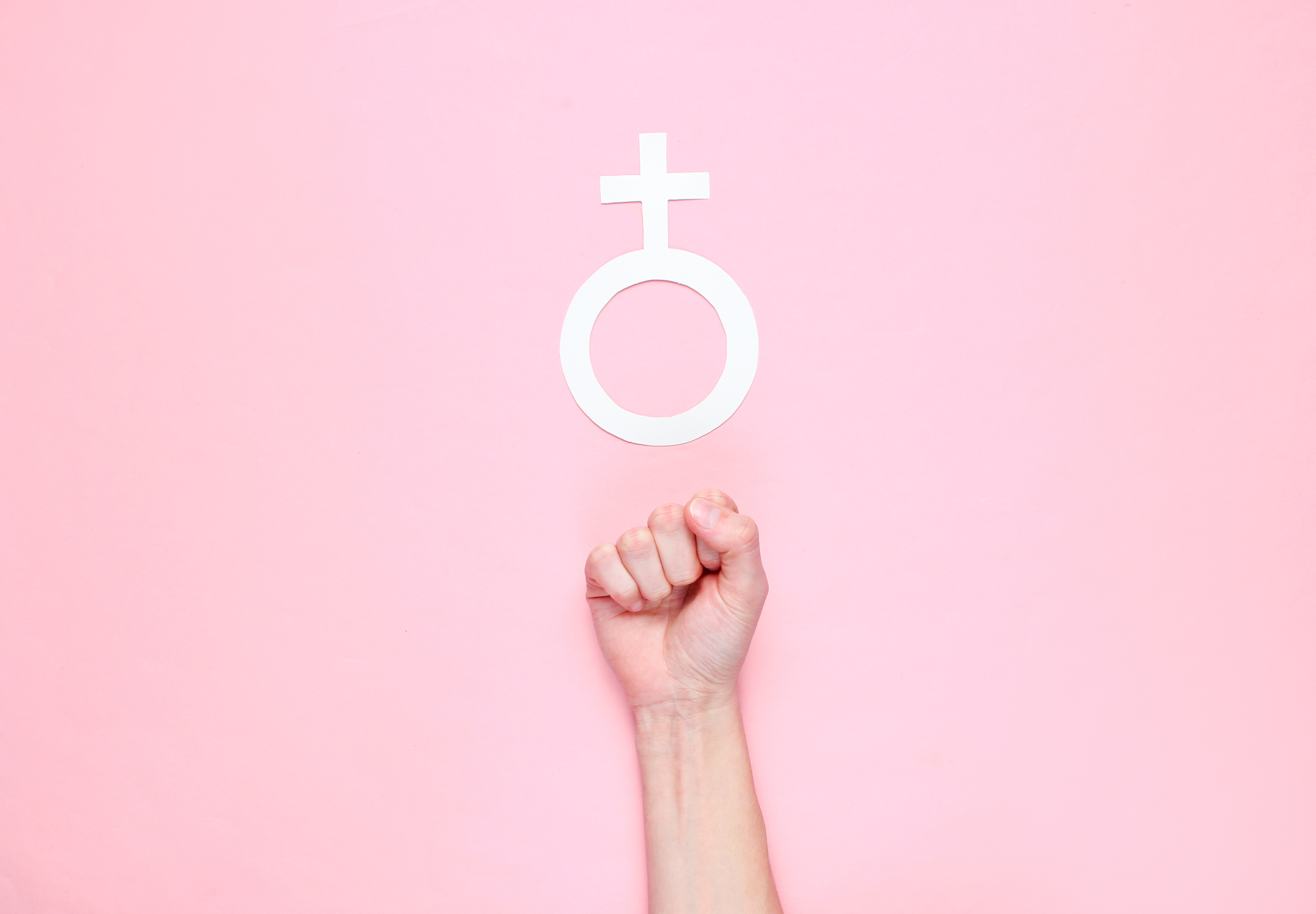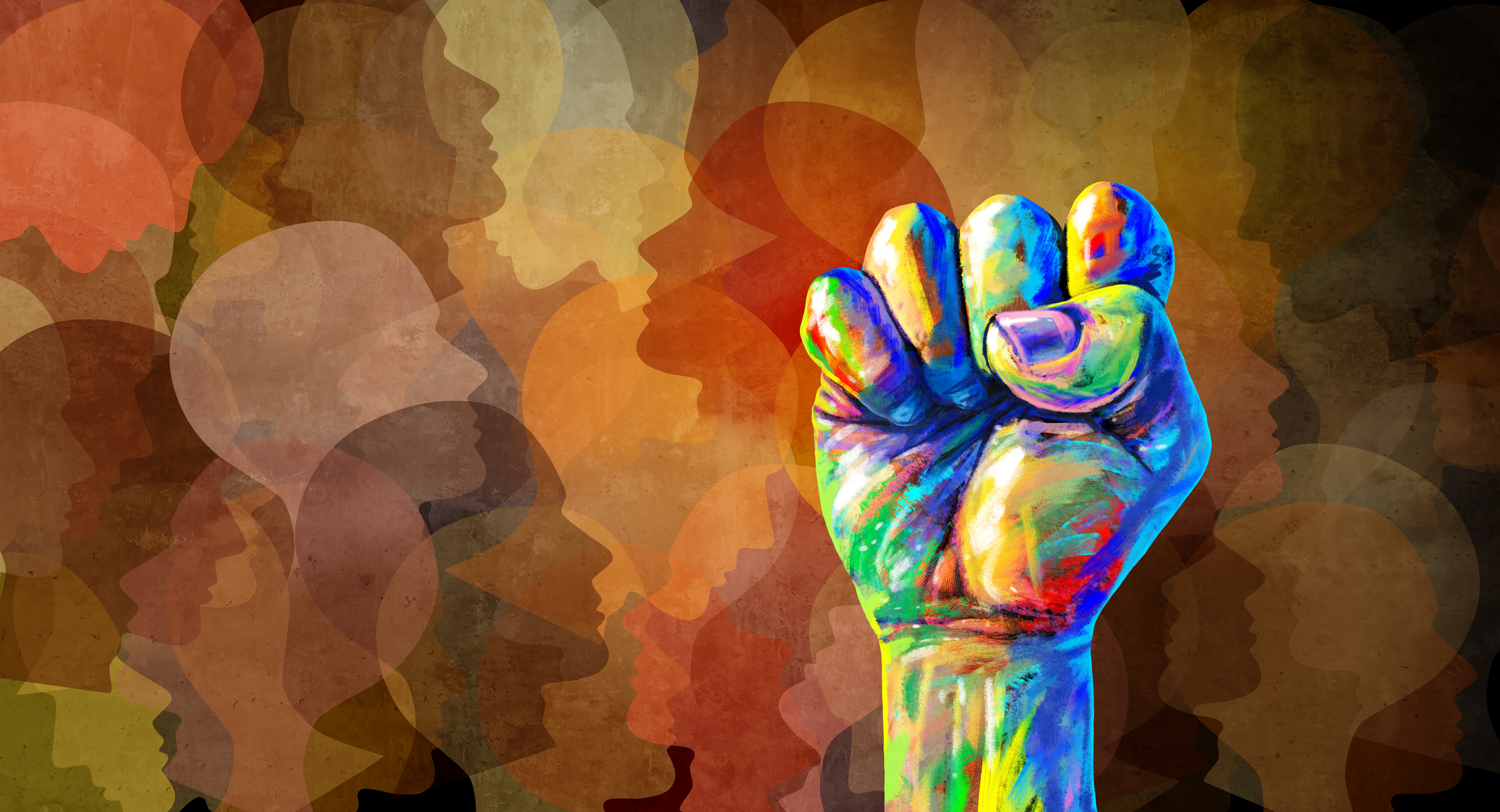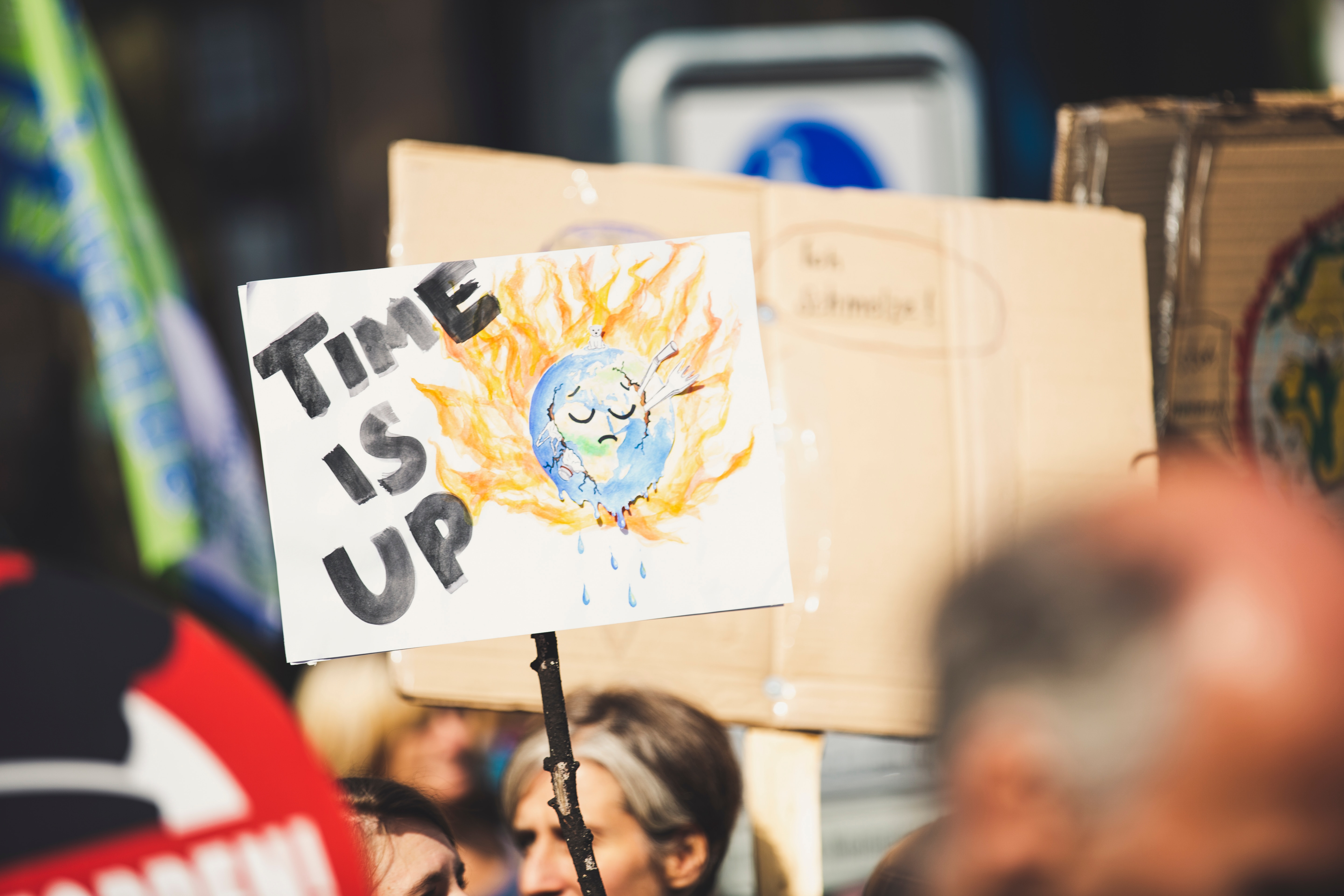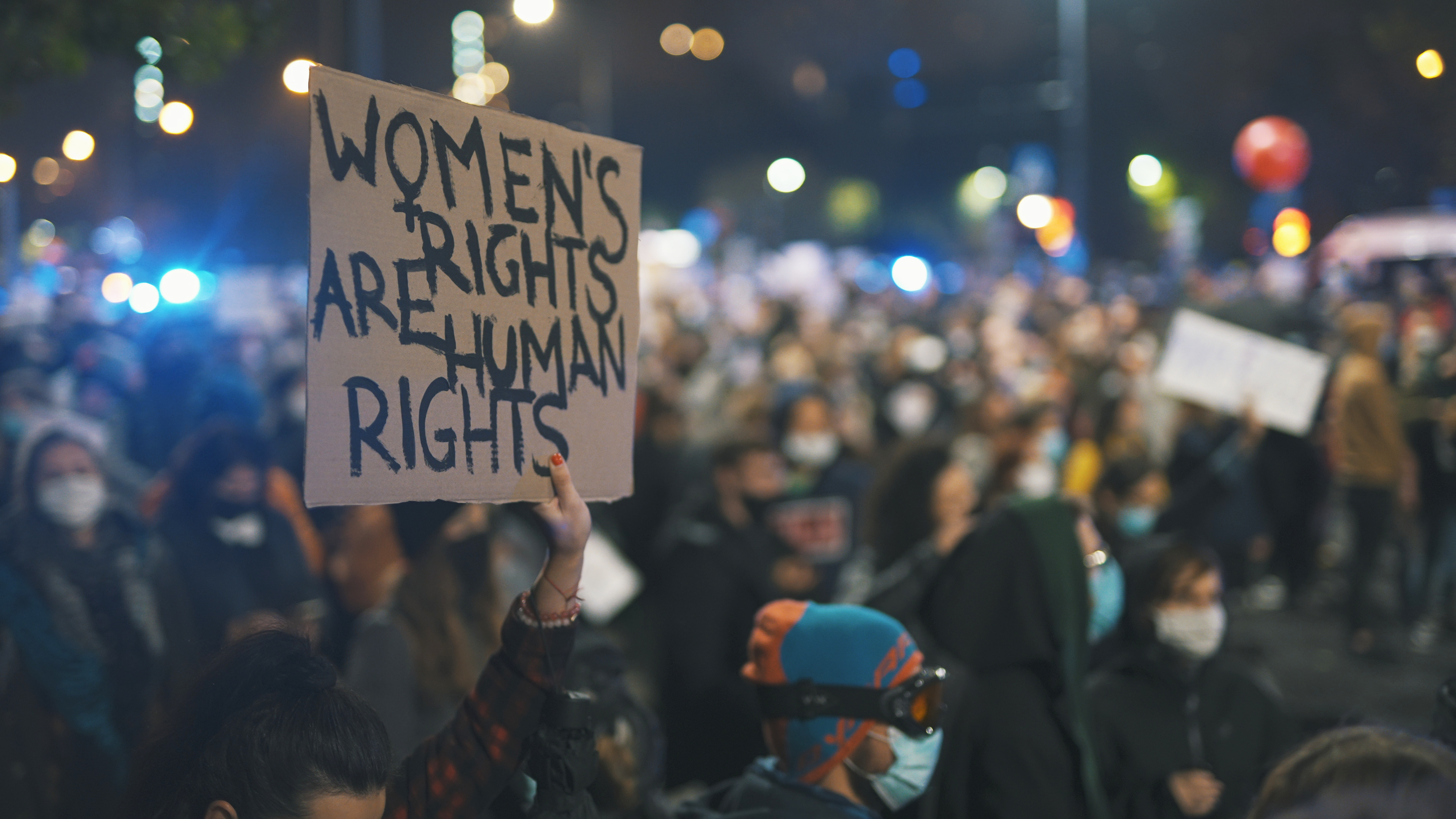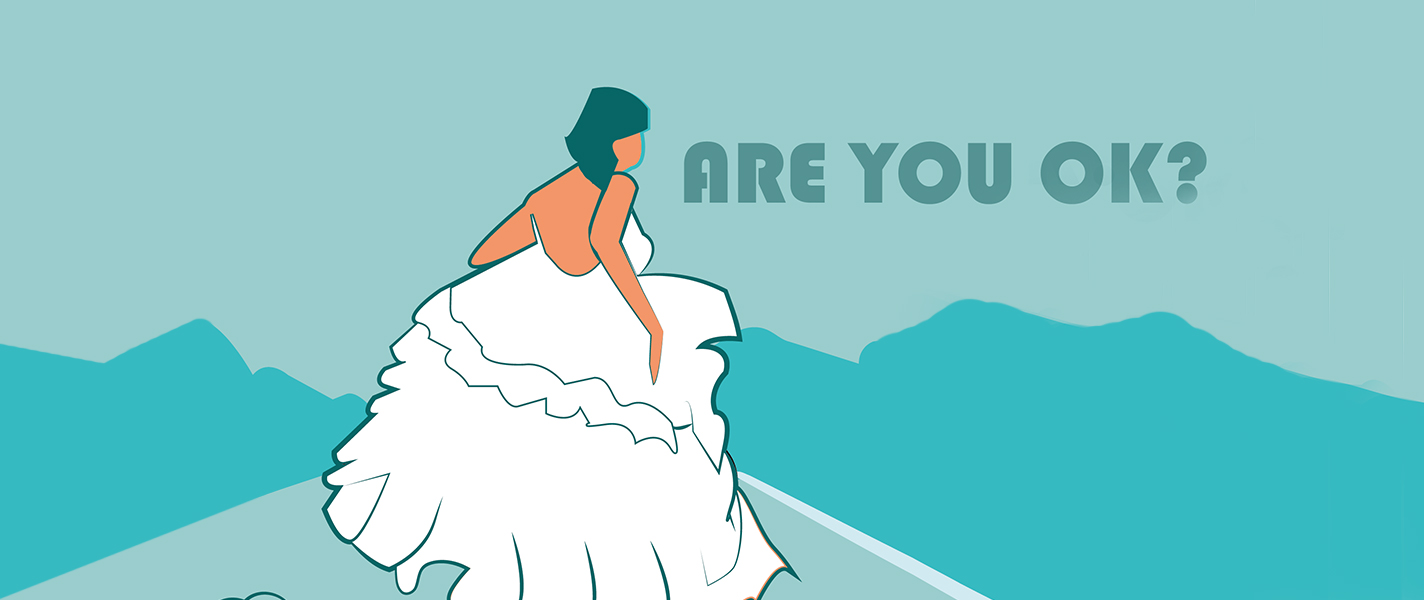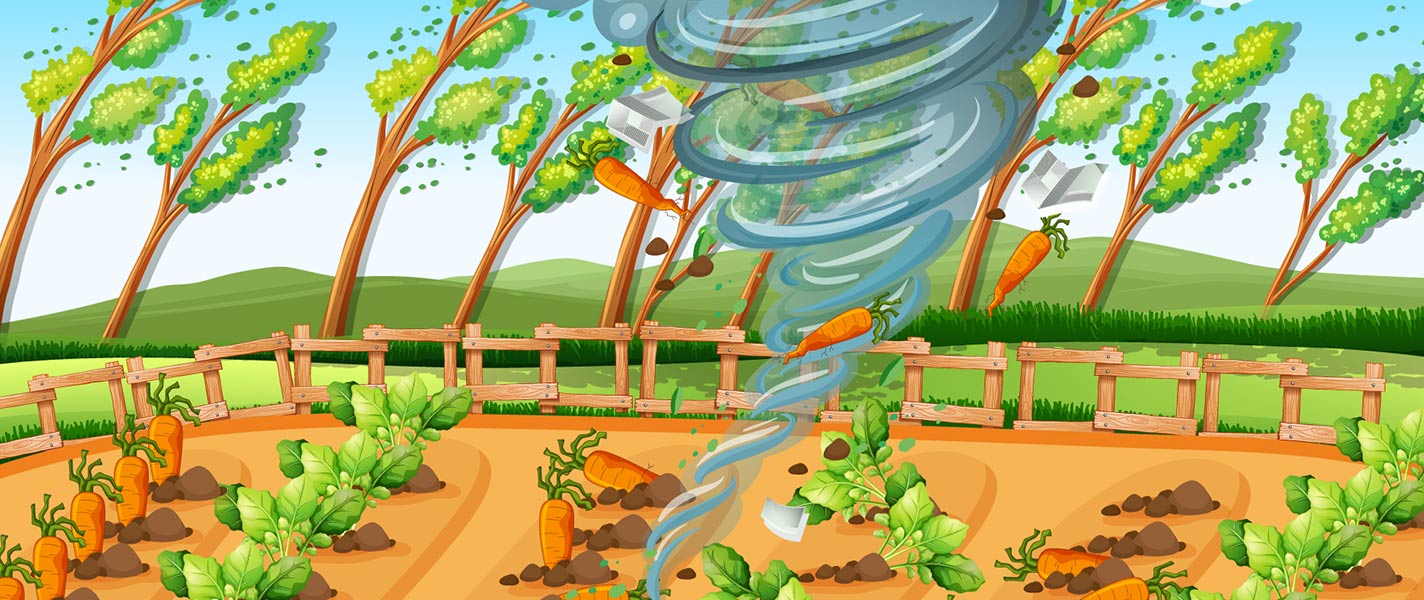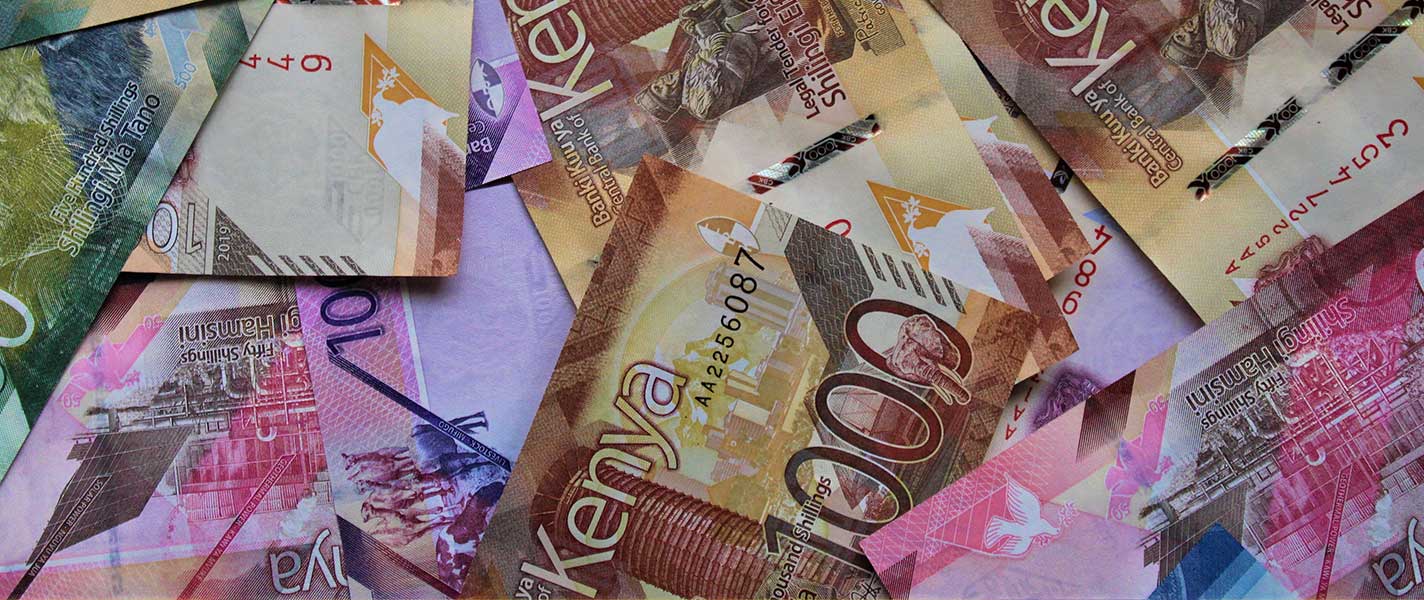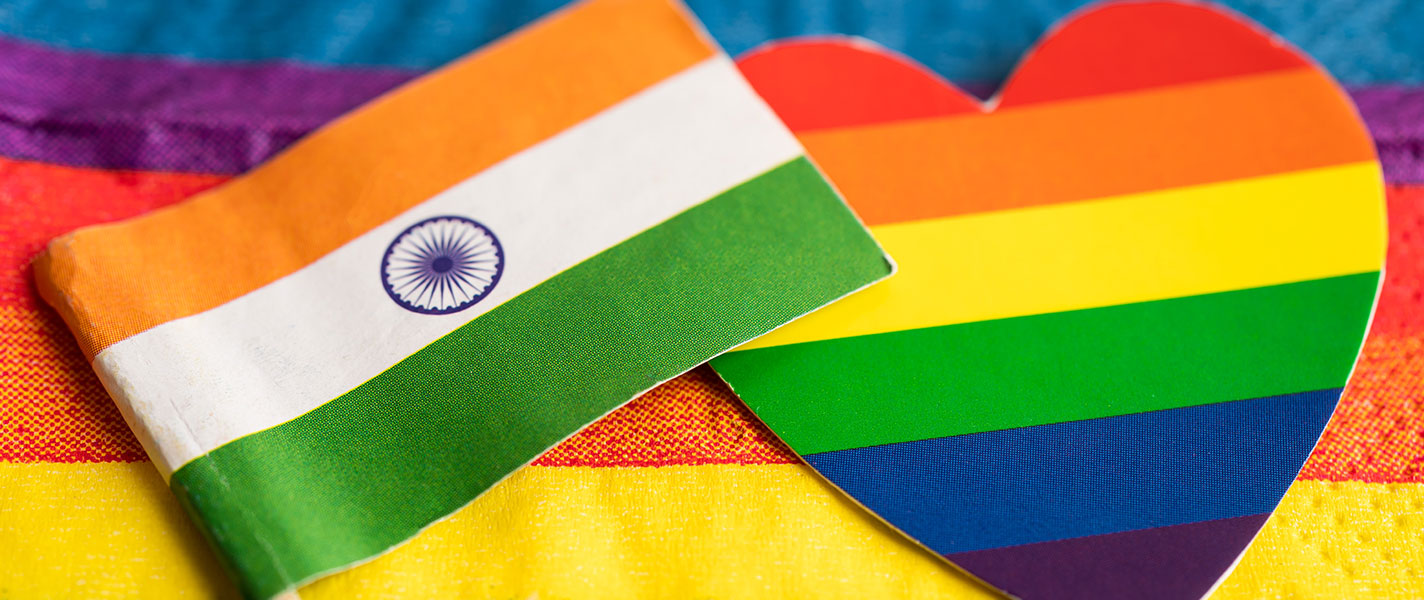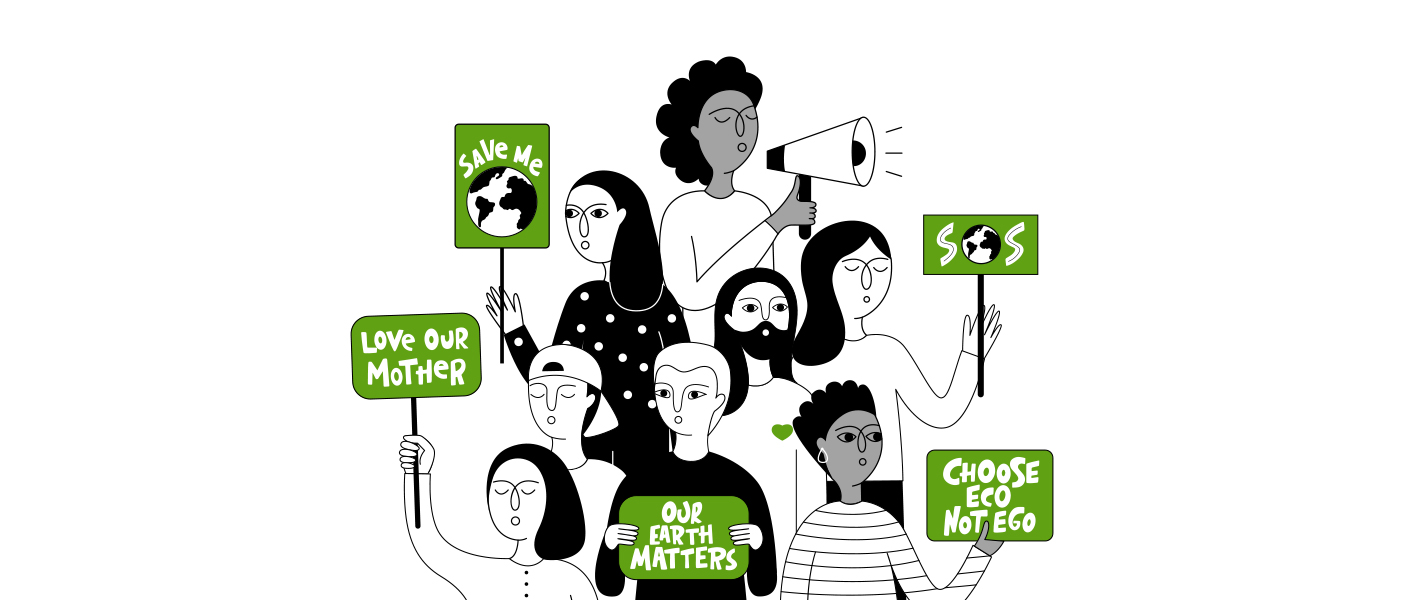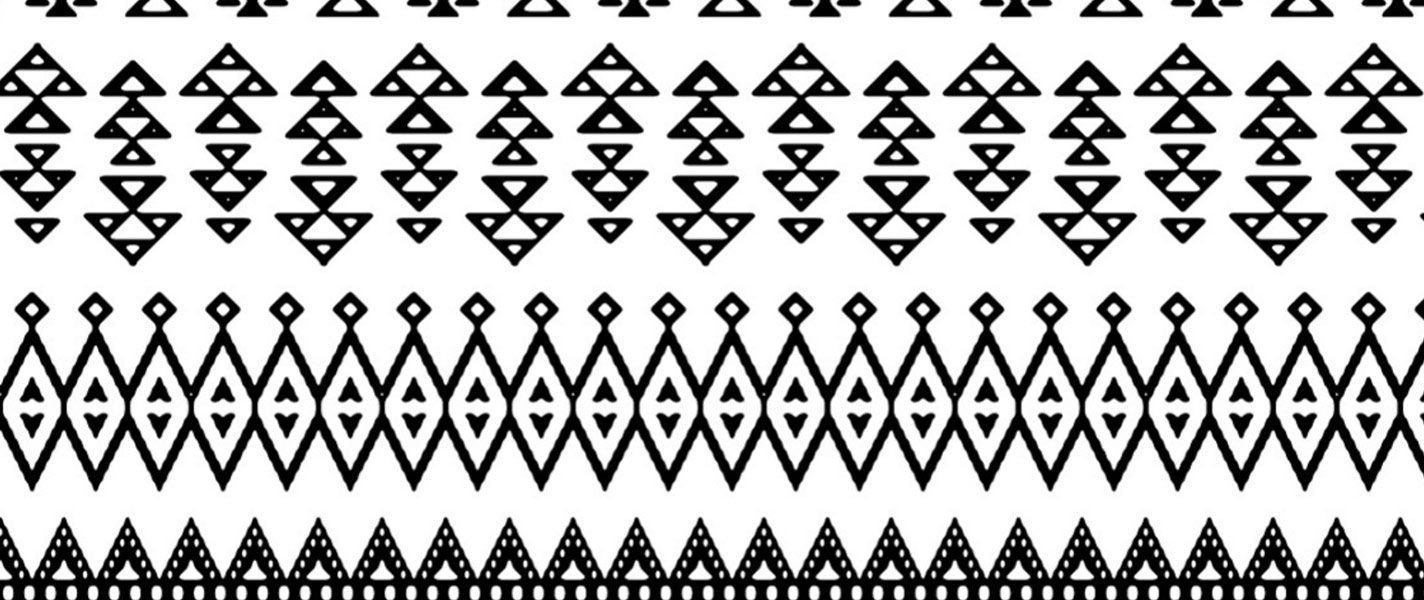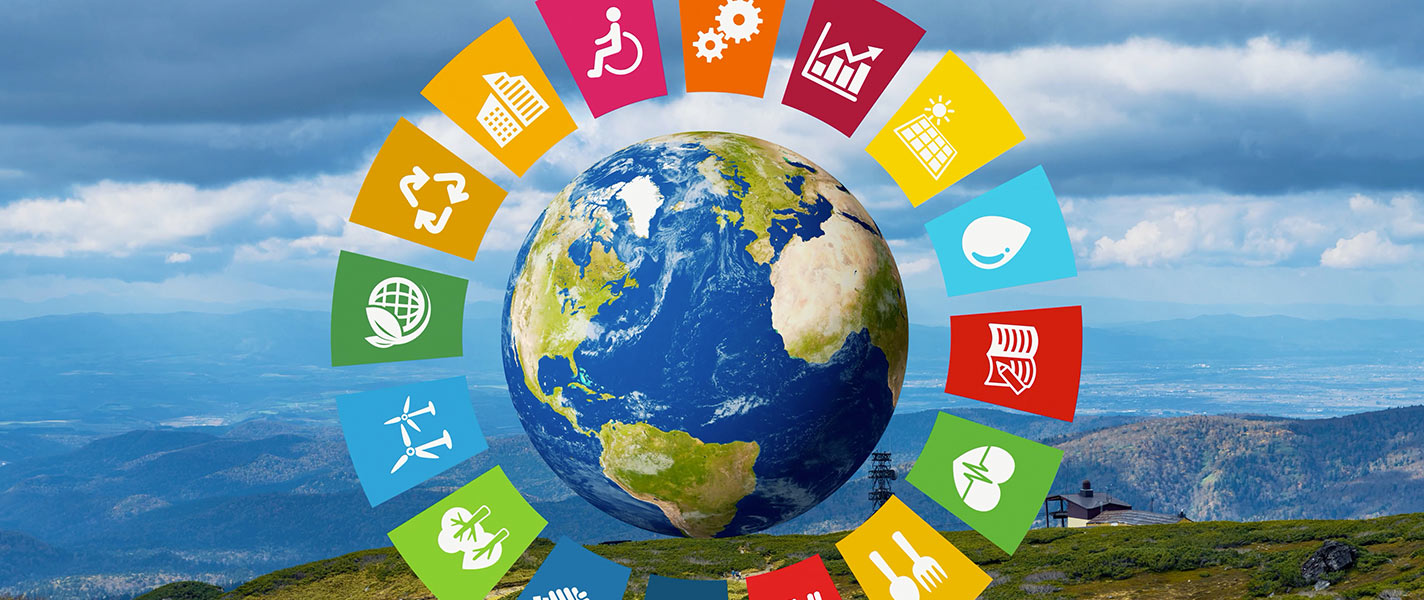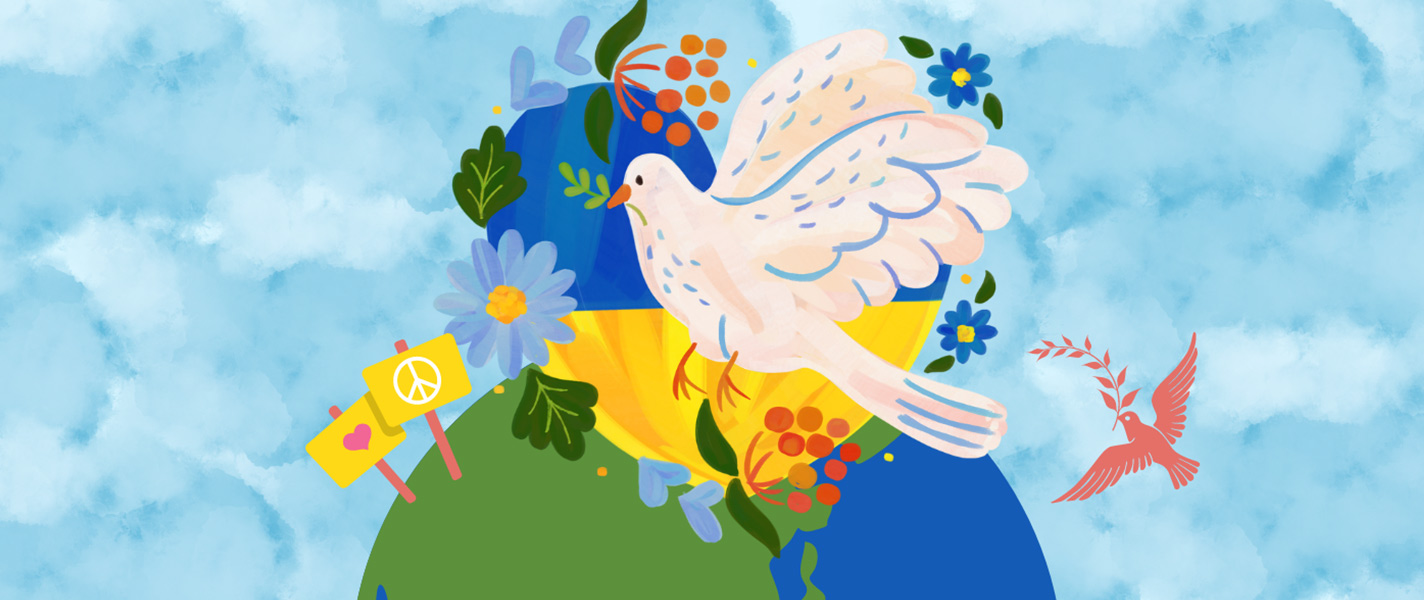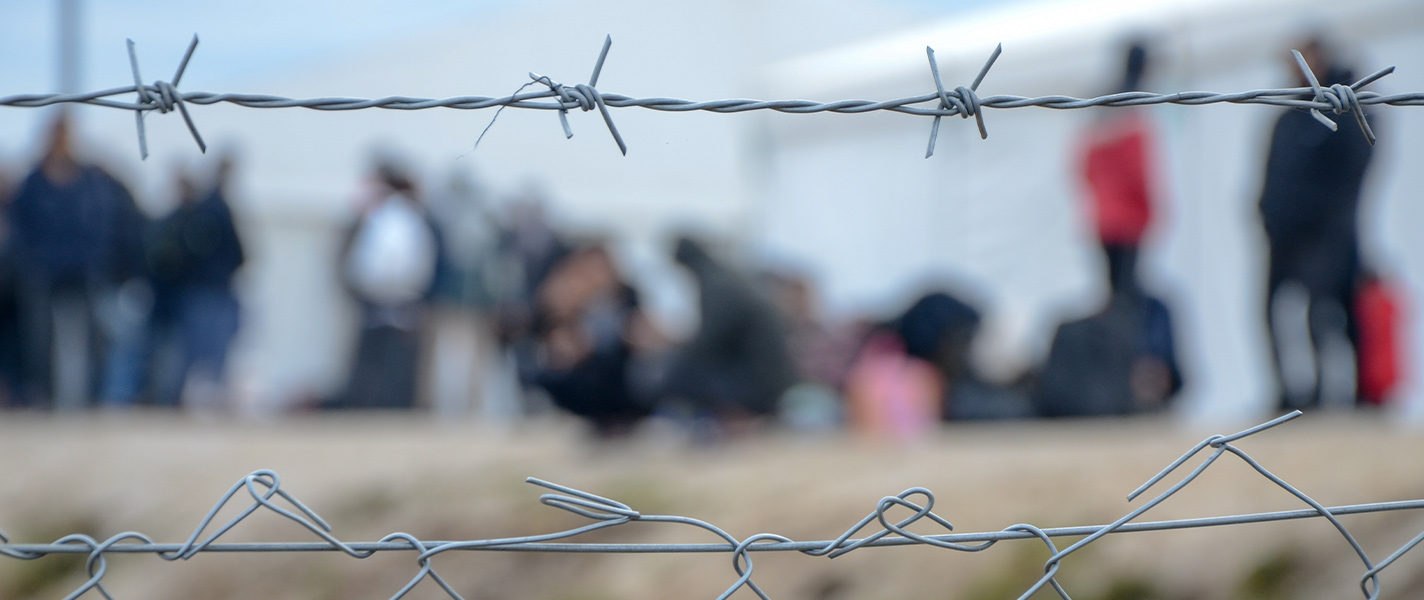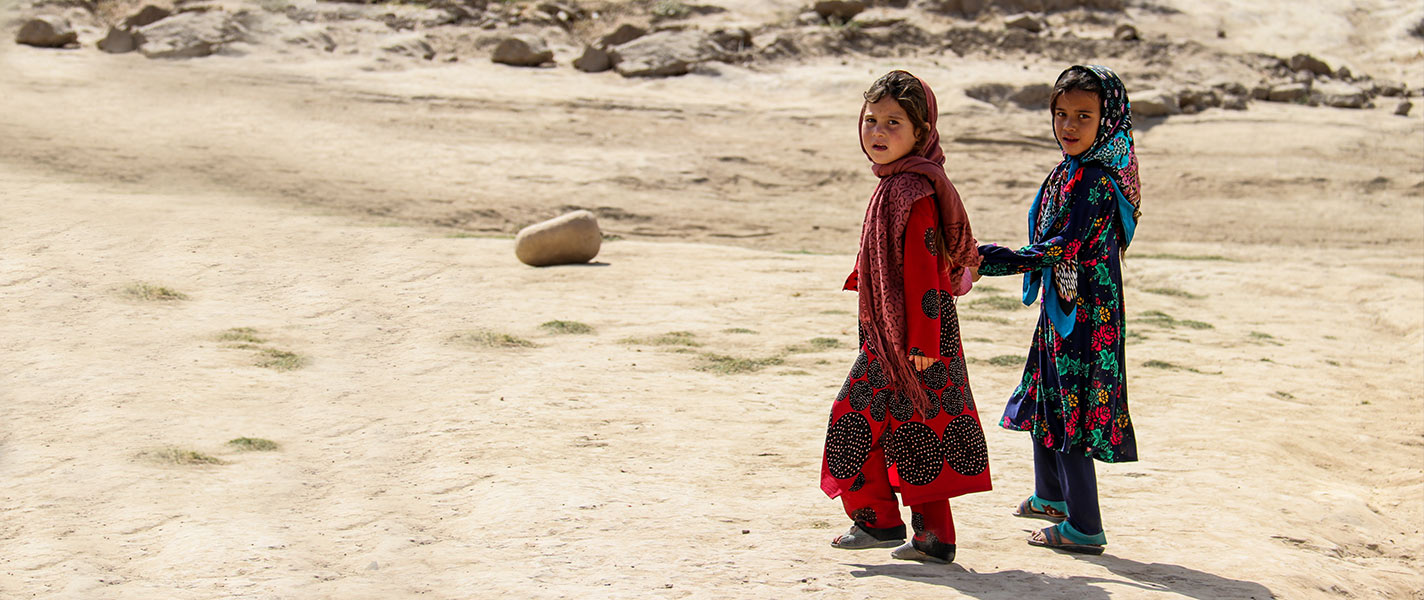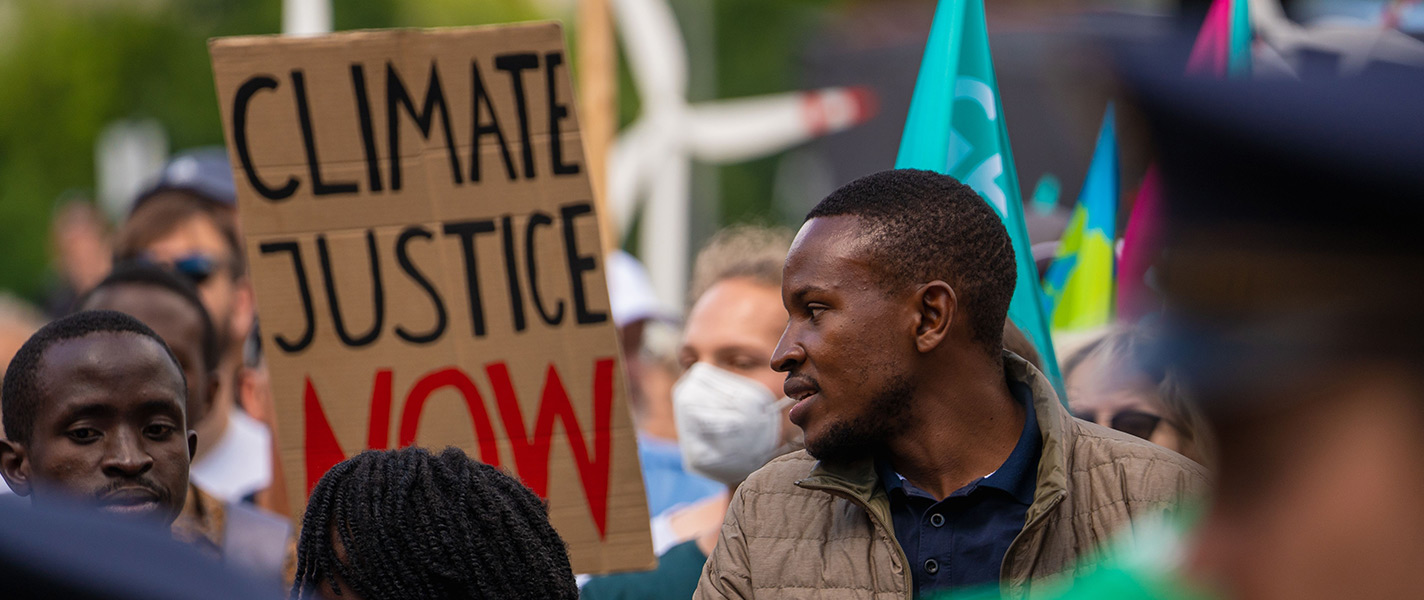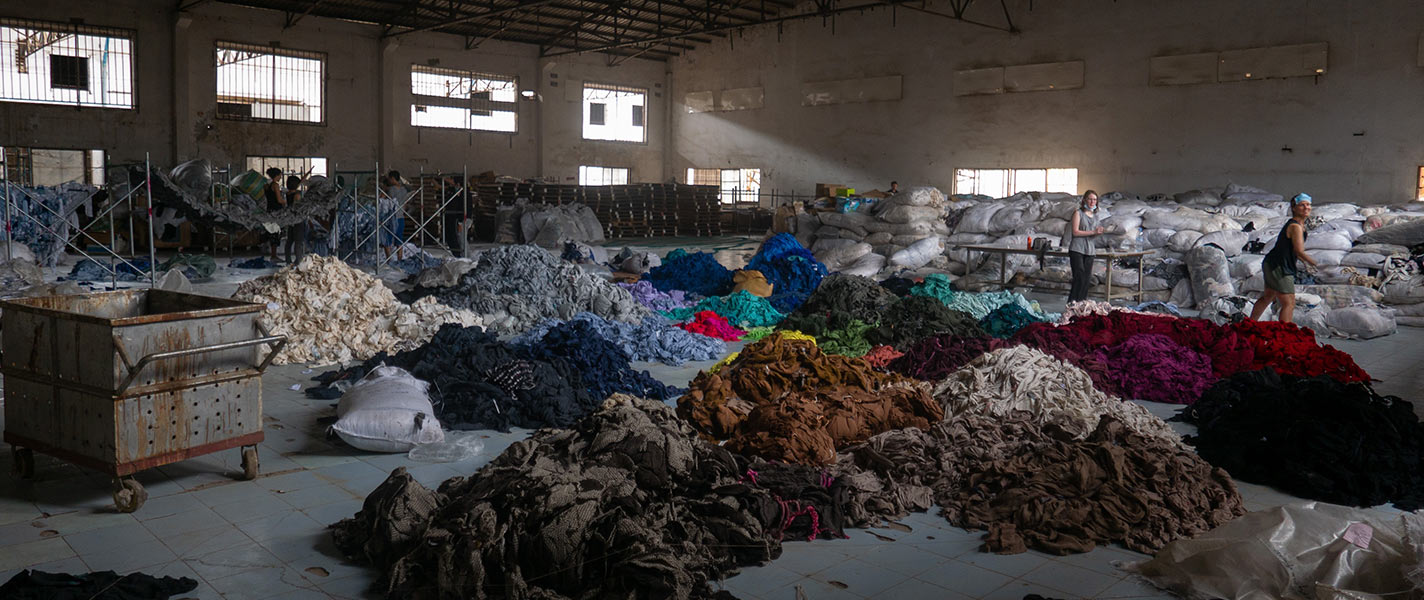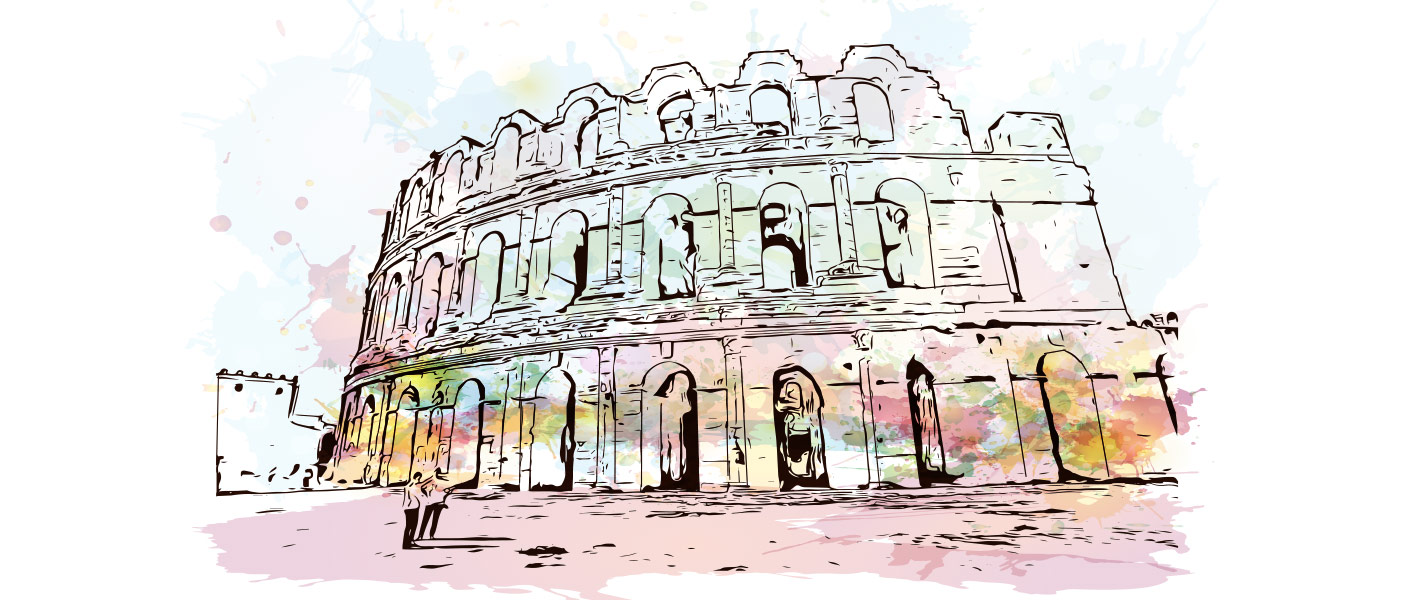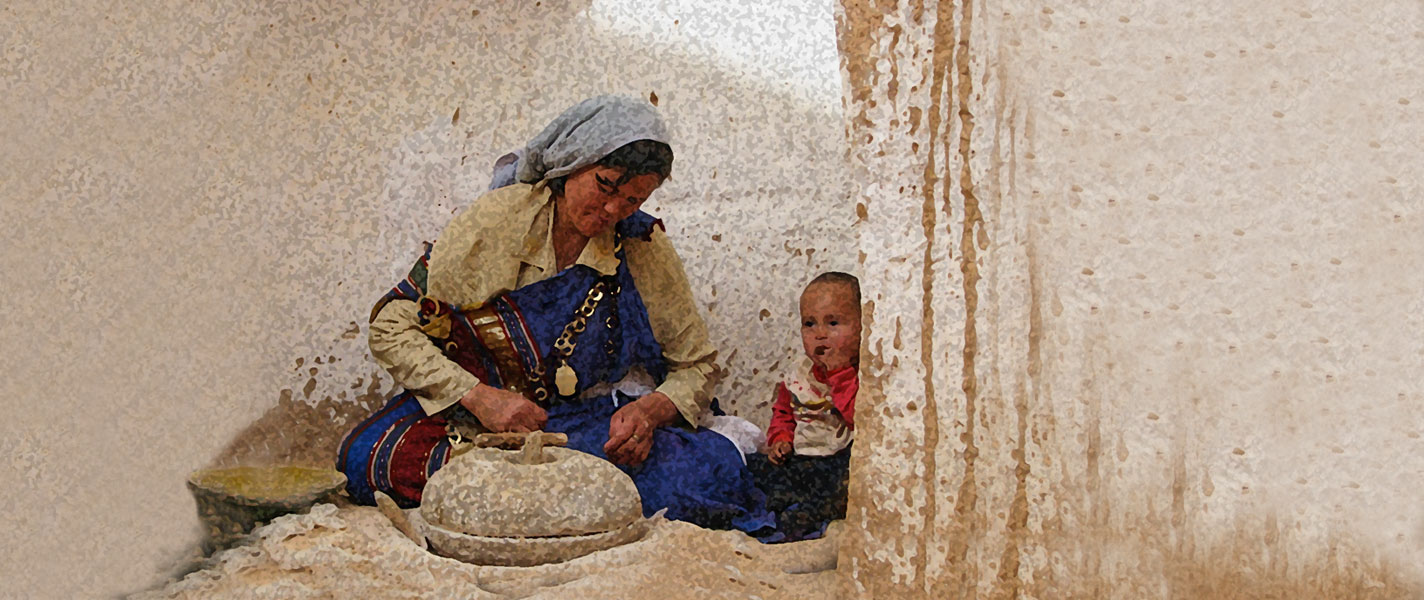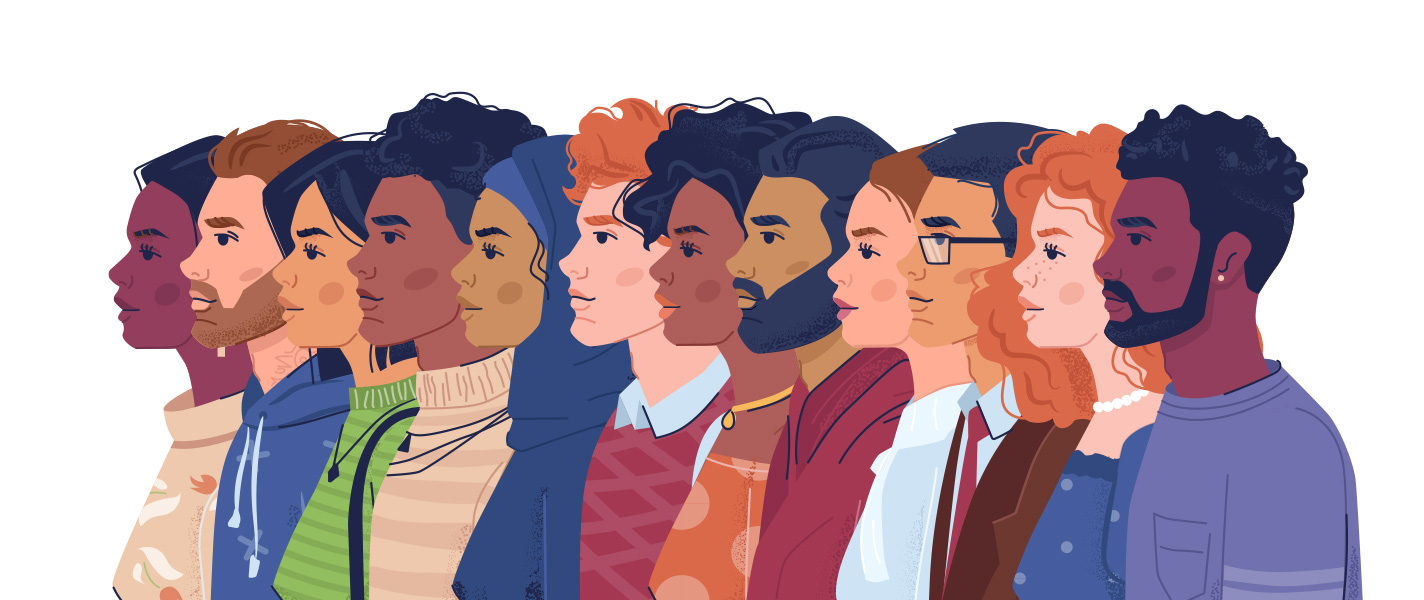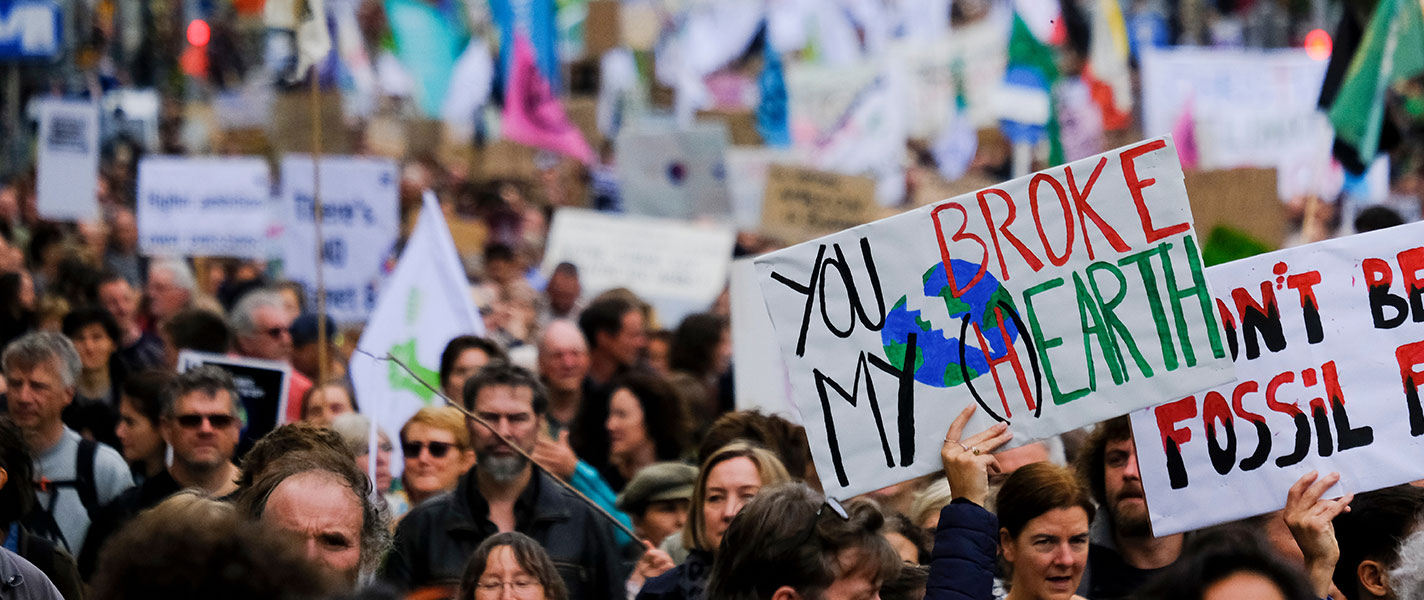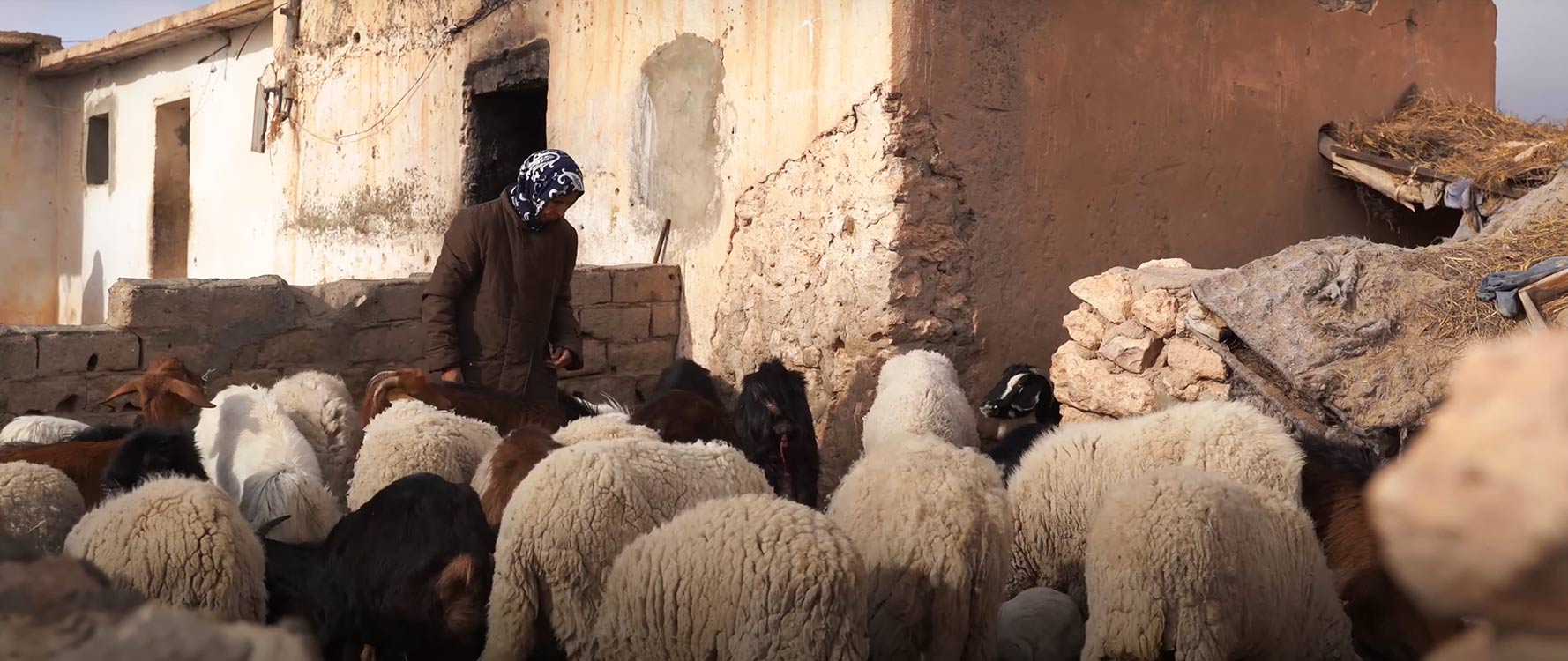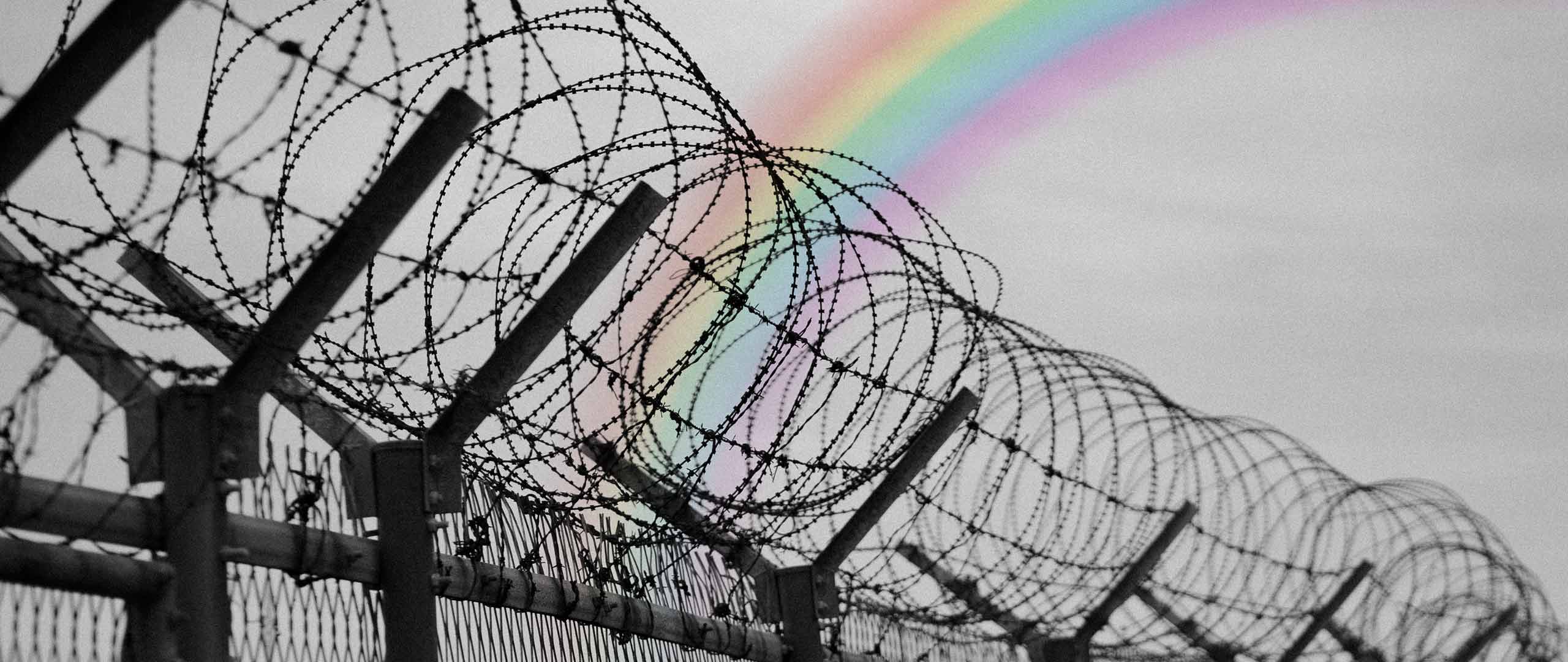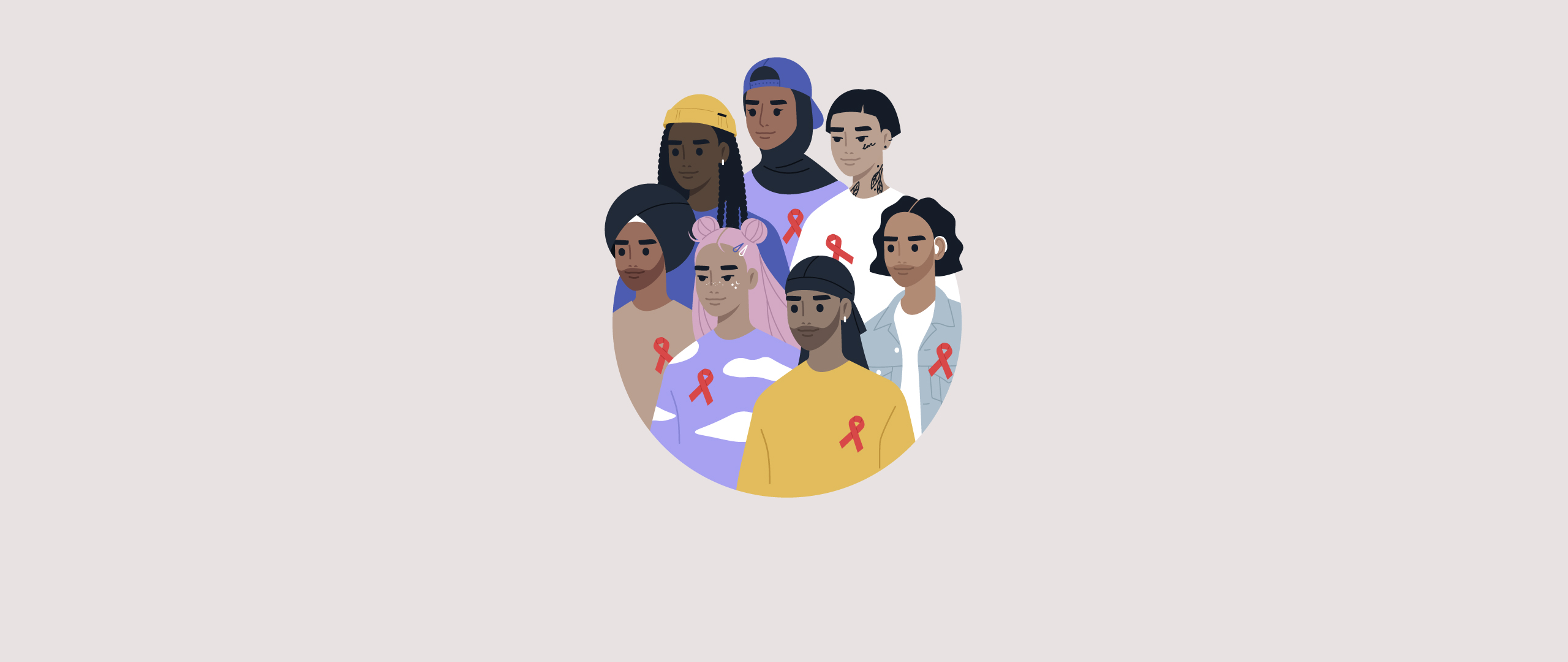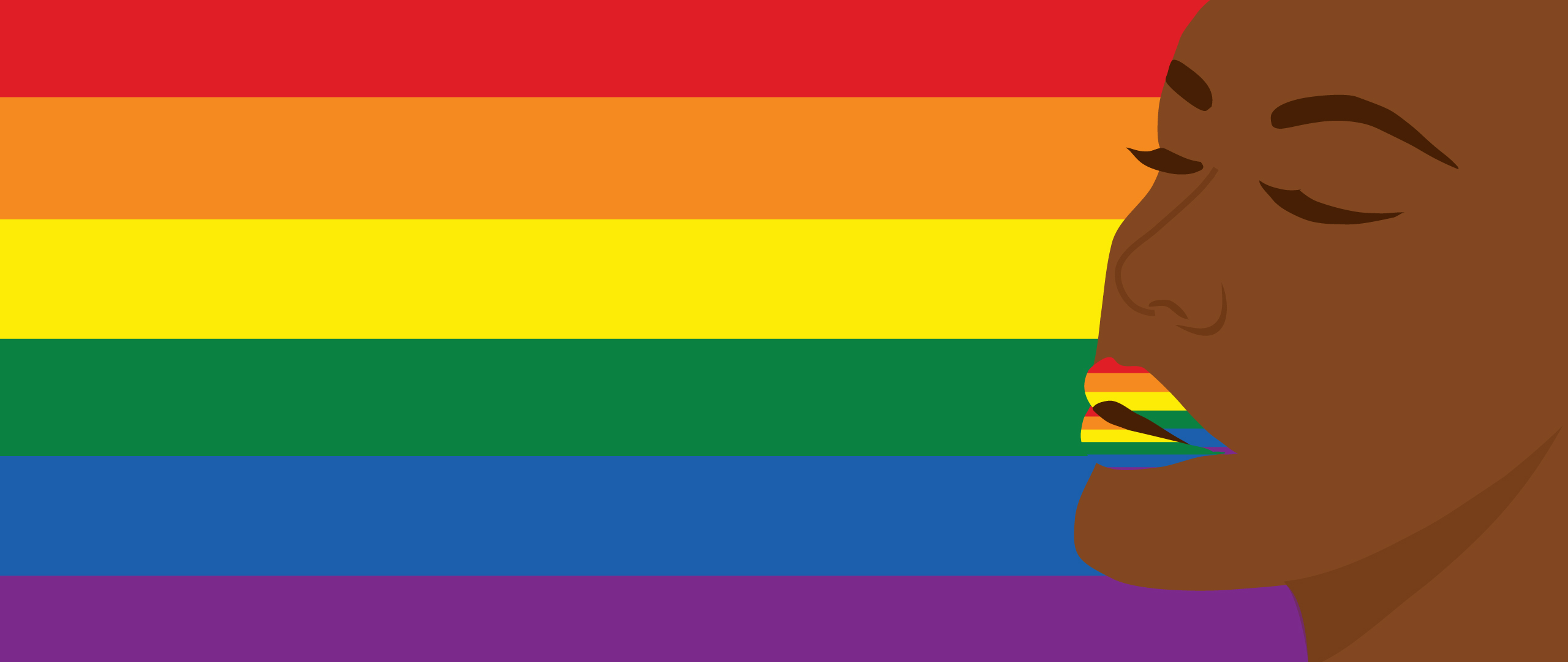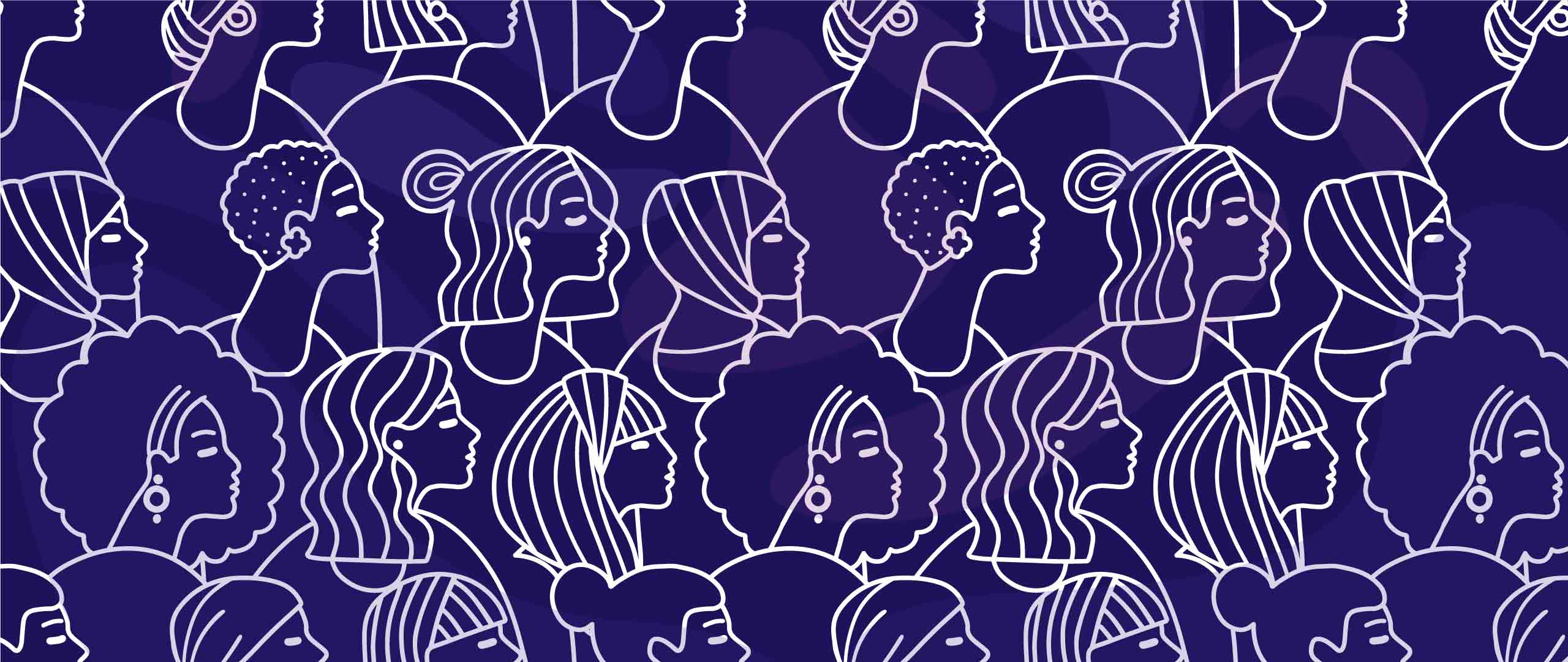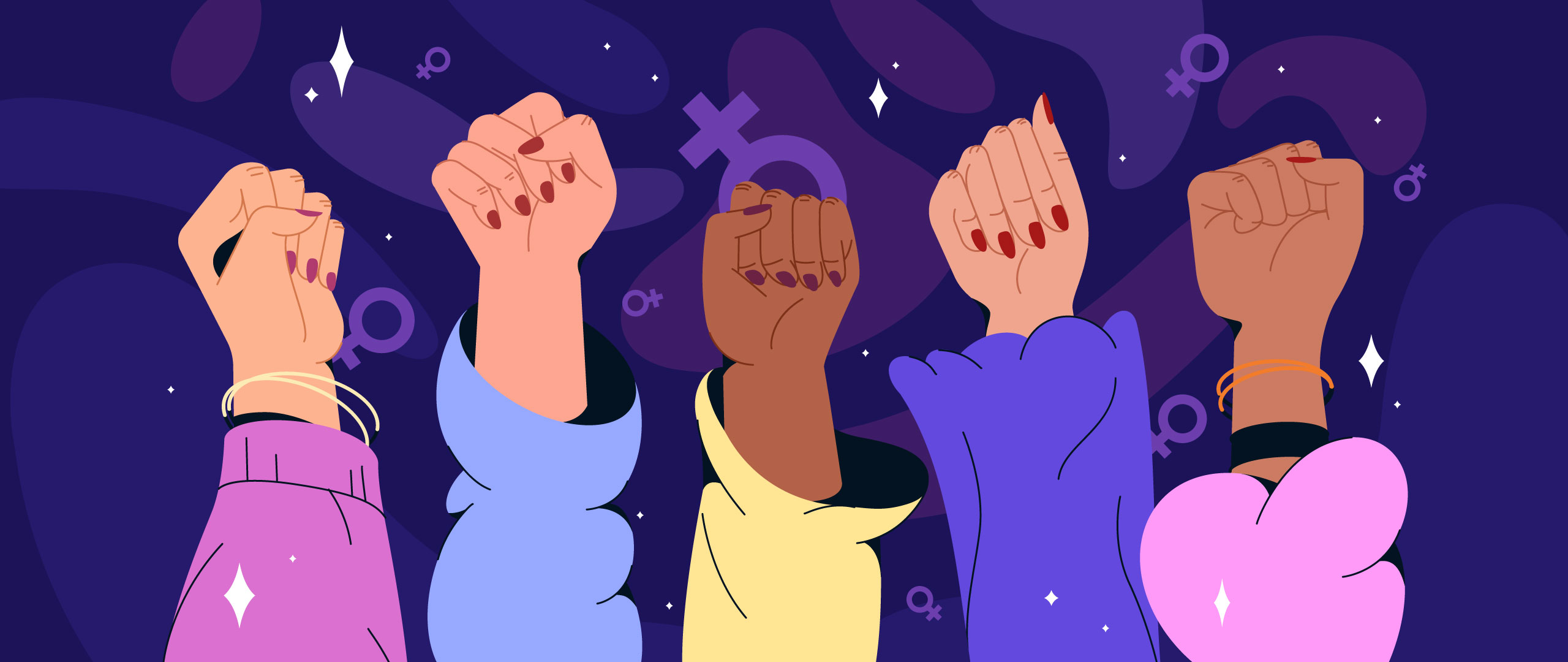Women in Africa and Climate Change: One More Battle to Fight!
Have we ever thoroughly examined the intricacies of climate change, or have we merely been skimming the surface? Within the layers of this inquiry lies an acute necessity to introspect further on the idea that the climate crisis is not gender-neutral.
The repercussions of climate change on women, specifically in Africa, are much dire, coercing them to stay in the shadow of financial struggles, health risks, and gender-based violence despite their substantial contribution to the global environmental battle. The necessity to tackle this issue, in particular, stems from the alarming ongoing findings about the effect of climate change on the African continent. For instance, a recent report published by the World Food Programme (WFP) in January this year states that while 19 West African countries were heavily impacted by the severe floods last year, the Horn of Africa (Somalia, Ethiopia, Eritrea, Djibouti and parts of Sudan, South Sudan, Uganda, and Kenya) underwent the gravest drought in its history, which resulted in ruining crops and means of livelihoods and propelling communities to starvation. Hence, Women’s higher vulnerability to climate change in Africa has become in Jane Austin’s words ‘‘a truth universally acknowledged’’. on the other hand, Balgis Osman-Elasha, a climate activist and author, explains that the reasons behind the complexity of this issue can be observed in women’s limited access to resources and decision-making opportunities.
Little Water, Big Problems
This prompts the daily struggle of young girls in Tanzania and Kenya who find themselves obliged to prioritize walking for miles to collect drinkable water over going to school, as found by the Young African Leaders Initiative and InterAction. One of the major consequences of lack of access to clean water is becoming susceptible to period poverty. Thus, the scarce water supply in schools easily brings with it poor maintenance of hygiene during menstruation. Since accessing sanitary products becomes hardly achievable due to natural disasters; menstruating women and girls, according to Alugnoa, Cousins and Sato (2022), resort to unhygienic homemade rags and leaves, which elevates the risk of infection and diseases. From a cultural standpoint, the lack of hygiene education contributes to perpetuating the false belief that periods are impure. This in return deters menstruators from seeking medical assistance in case of infections, leaving them with feelings of shame and low self-esteem.
It might be bizarre to grasp that climate change subjects women in Africa to gender-based violence. However, global data confirms that once forced to migrate because of natural disasters, women refugees become easy targets for land-grabbing, domestic violence and sexual exploitation. Even for women who stay home, child marriage turns into an alternative to resolving the problem of food scarcity, according to UNDP. The expected displacement of women in the upcoming years is likely to generate more violent practices against women.
Neglected Consequences: Mental Health at Risk
In this context, the gender implications of the climate crisis on women in Africa continue to persist psychologically. A study conducted by Glasgow Caledonian University in 2022 found that up to 86% of women in Malawi testified to experiencing depression, trauma, stress, and fear as well as suicidal impulses. Despite the limited research on climate change’s effect on the mental health of women in Africa, they experience ecological grief, or what is known as climate grief due to losing their land and livestock and consequently losing their identities. Breastfeeding women, on the other hand, experience a profound sense of helplessness due to their inability to provide their babies with the necessary nutrients.
The burden of providing vital resources is accompanied by failed promises of action efficiency. In simpler terms, the International Growth Centre (GCI) brings attention to the fact that the implementation of initiatives aiming to fight the lack of educational opportunities for women in Tanzania and Uganda has turned into a fight against the discrepancy between approved and actual budgets dedicated to these initiatives. Even individual endeavors to receive financial assistance are also hindered by a lack of confidence in women. A small farmer named Violet Malama, on the Global Citizen YouTube channel, described her struggle to receive monetary aid due to her possession of no title or collateral. With this lack of faith in 70% of the agricultural force in Africa, come fewer chances for women to take professional risks. Hence, the status quo that undermines women’s voices and reinforces their inferiority is rather maintained.
It Is Never too Late!
Assessing past and current policies is indispensable in walking towards climate justice in Africa and across the world. Governments, intergovernmental organizations such as the African Union, NGOs as well as donors are all expected to regularly identify gaps and areas for advancement. For instance, evaluation allows the mentioned entities to reflect on where men and boys in Africa stand in the climate crisis in 2023 and how they can meaningfully participate. Bringing attention to the challenges women in Africa face due to the climate crisis does not disregard the environmental struggles of men. Emphasizing the role of storytelling in mitigating the climate crisis is an innovative approach that deserves more recognition. Directly affected women are most eligible to be more featured and provide insights on environmental resilience. Sharing more of their stories and amplifying their voices helps create emotional resonance within audiences and provides research policies such as the Partnership for Economic Policy (PEP) with extensive evidence to foster women’s leadership and improve living conditions for children. Yet, engaging activists working on climate change in fundraising initiatives can send a positive message to younger generations that the impact of climate change on women is not only a women’s issue.
From inadequate access to basic life needs to physical violence and psychological struggles, environmental degradation is making women in Africa pay the price. It is, thus, upon policymakers and the international community to handle the gendered impacts of climate change more rapidly because there is no time left.
The article represents the views of its writer and not that of LEED Initiative.
